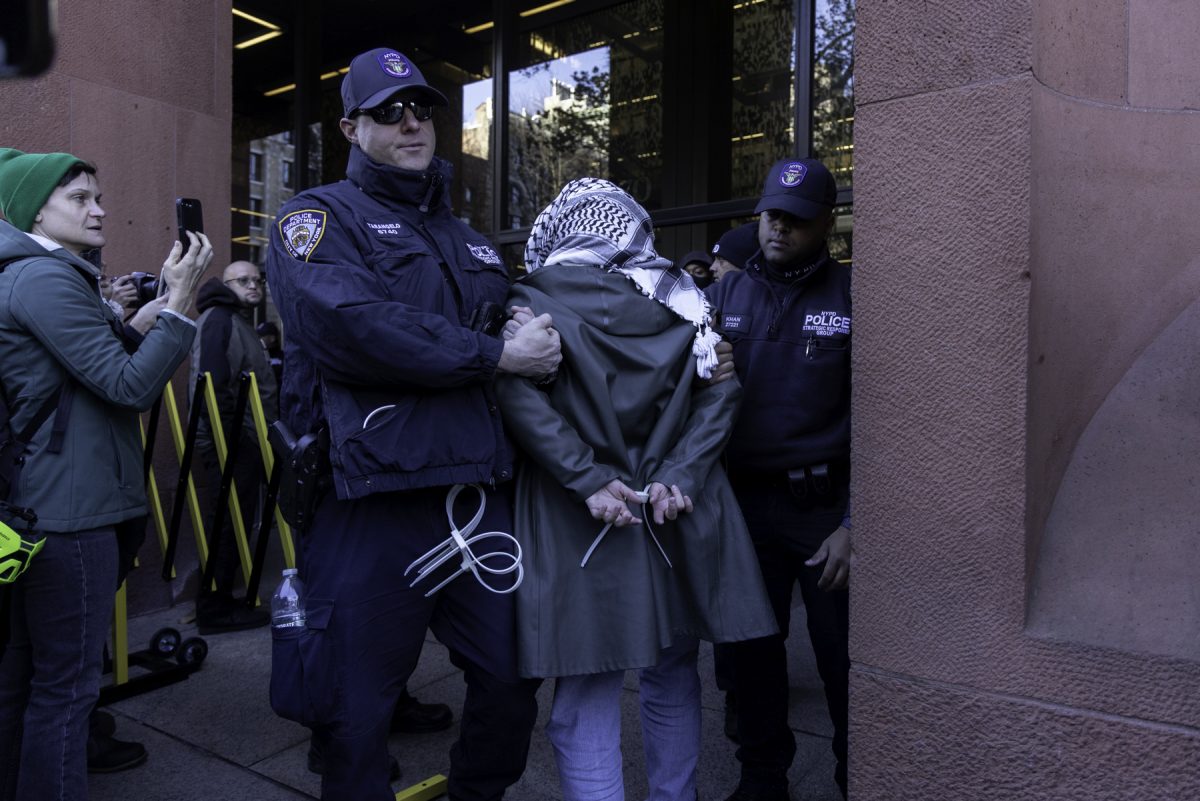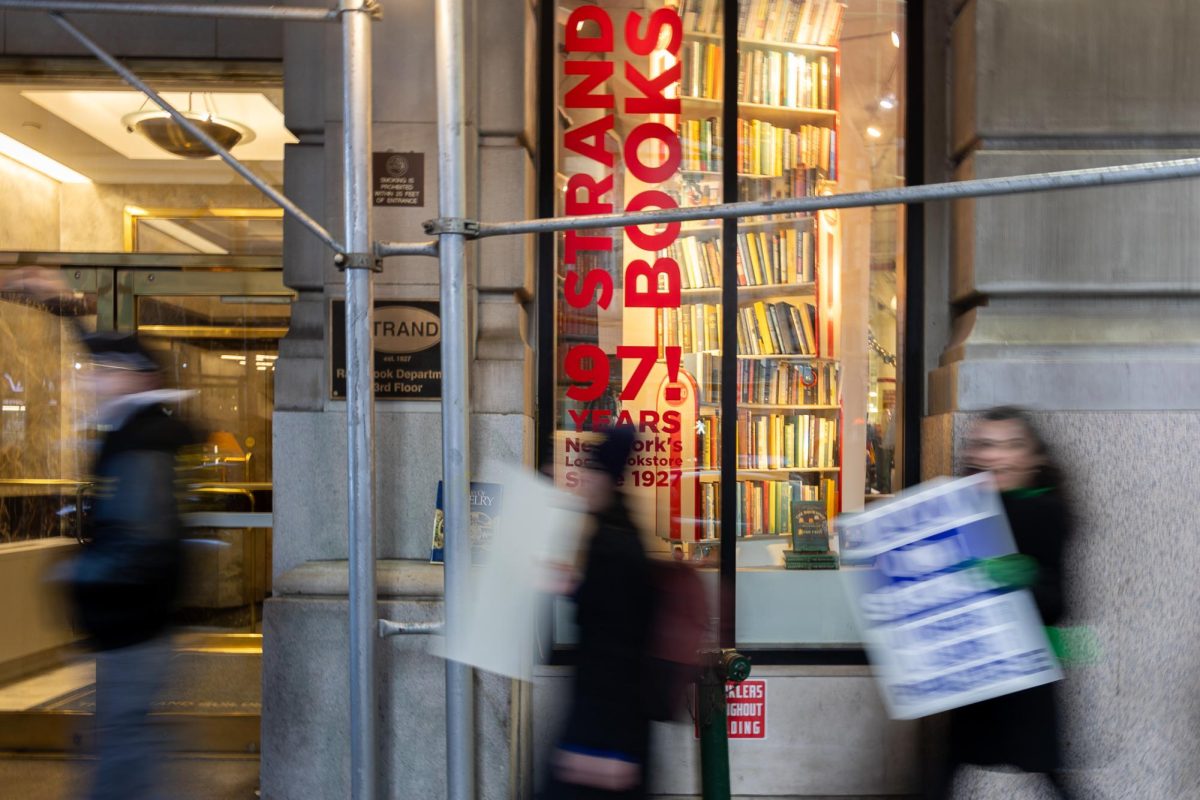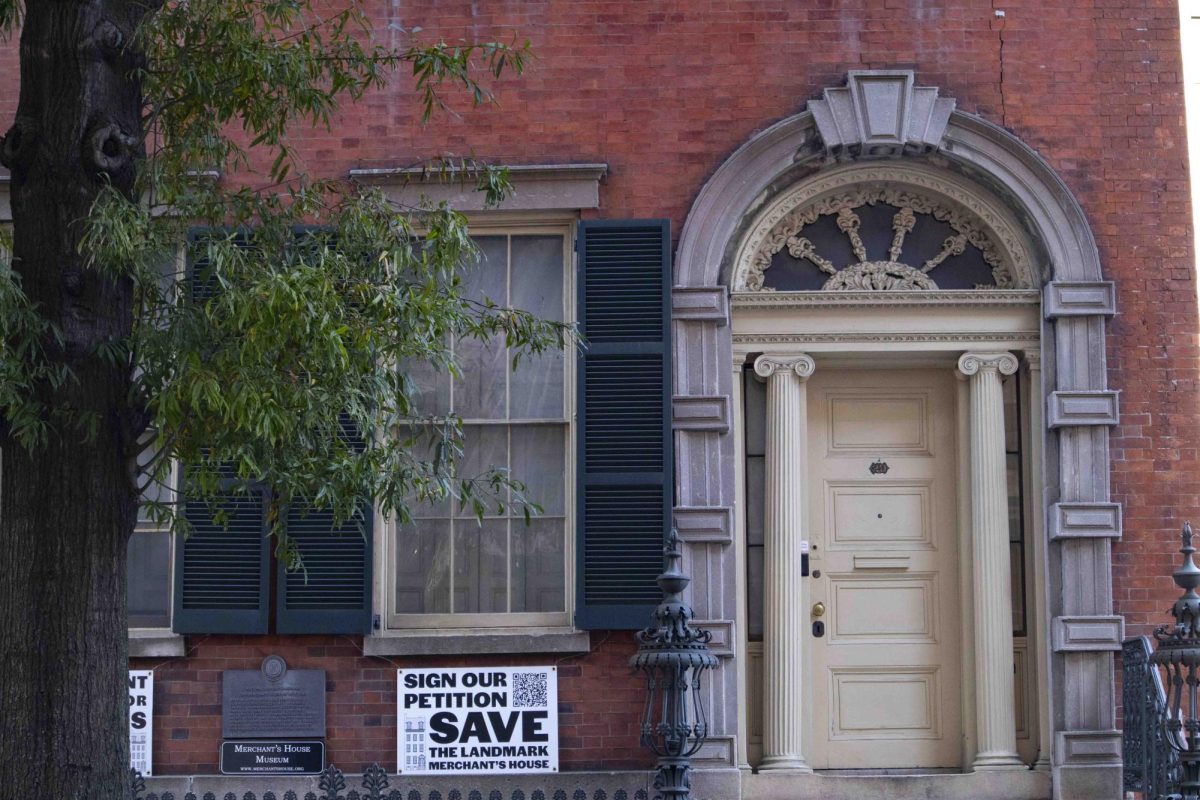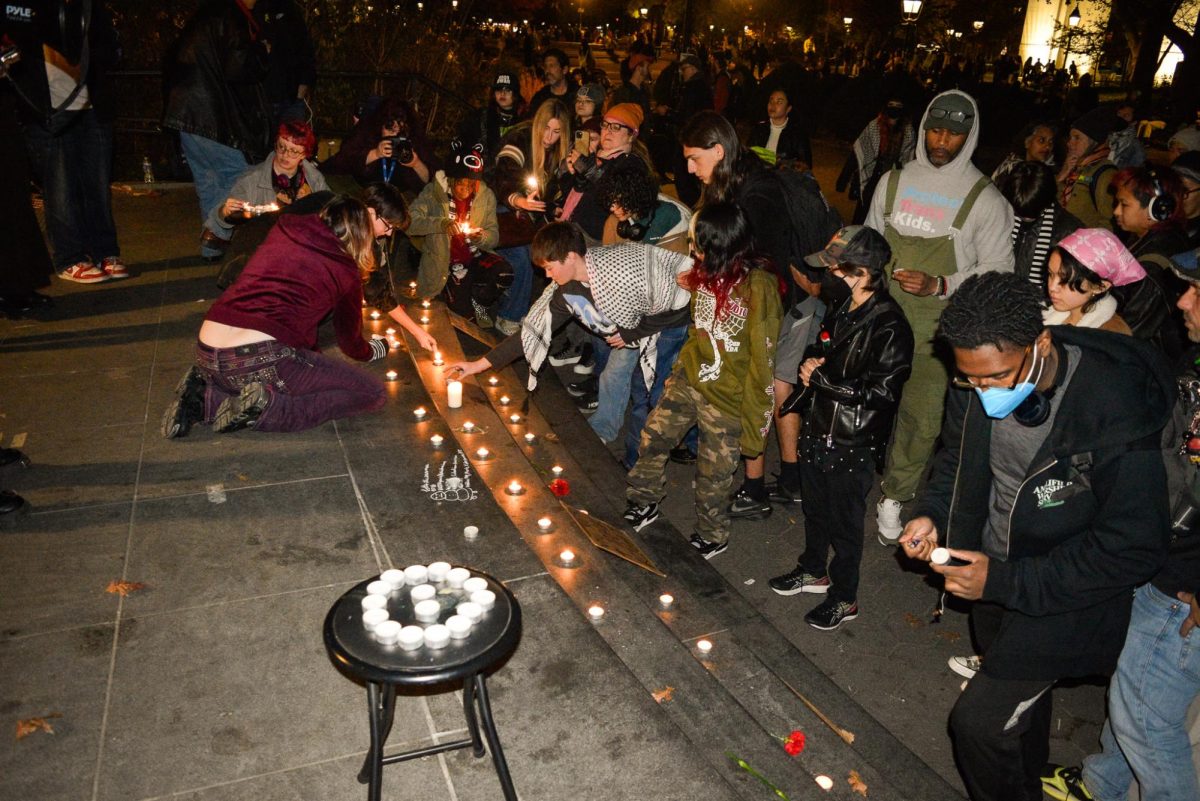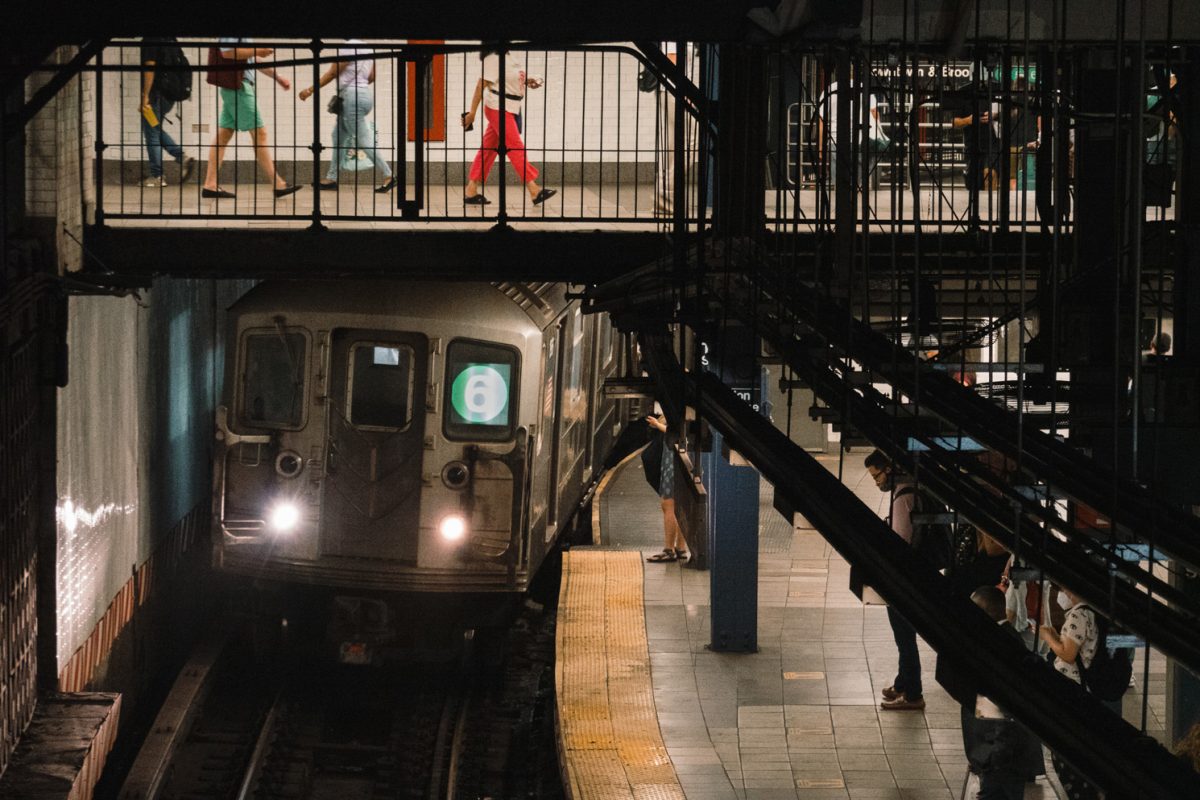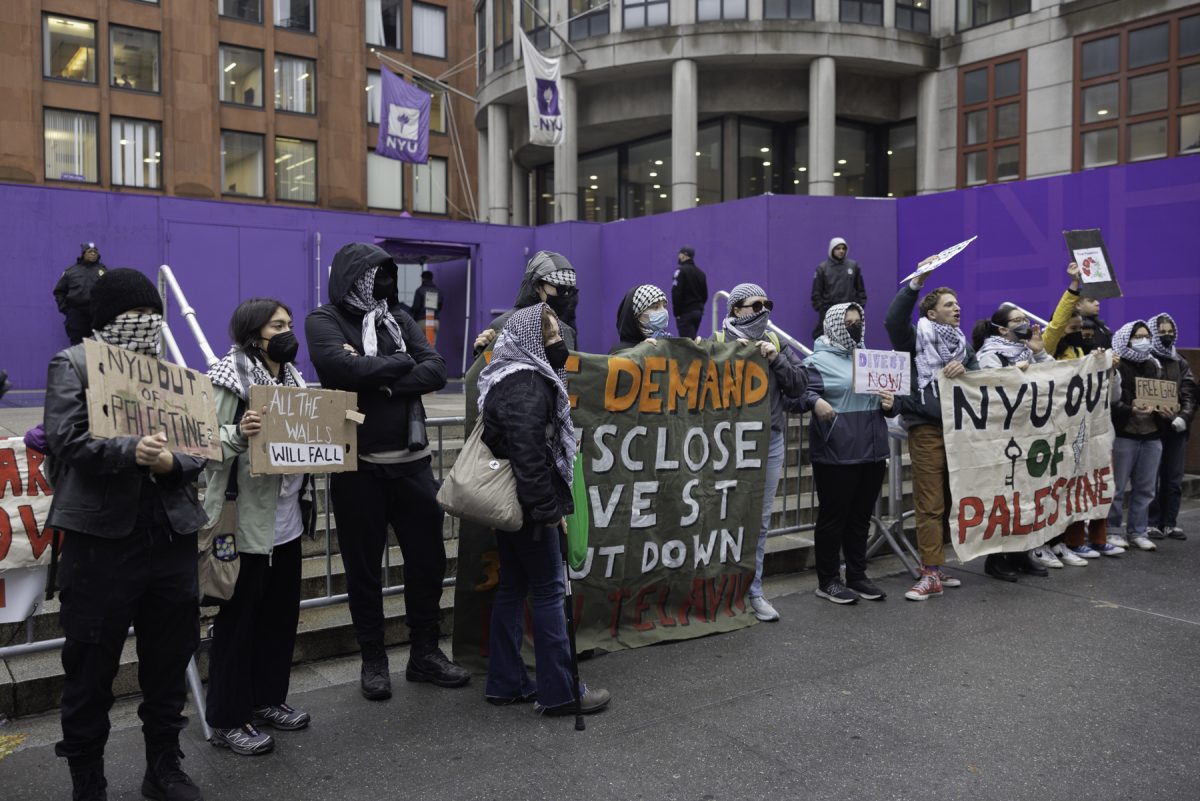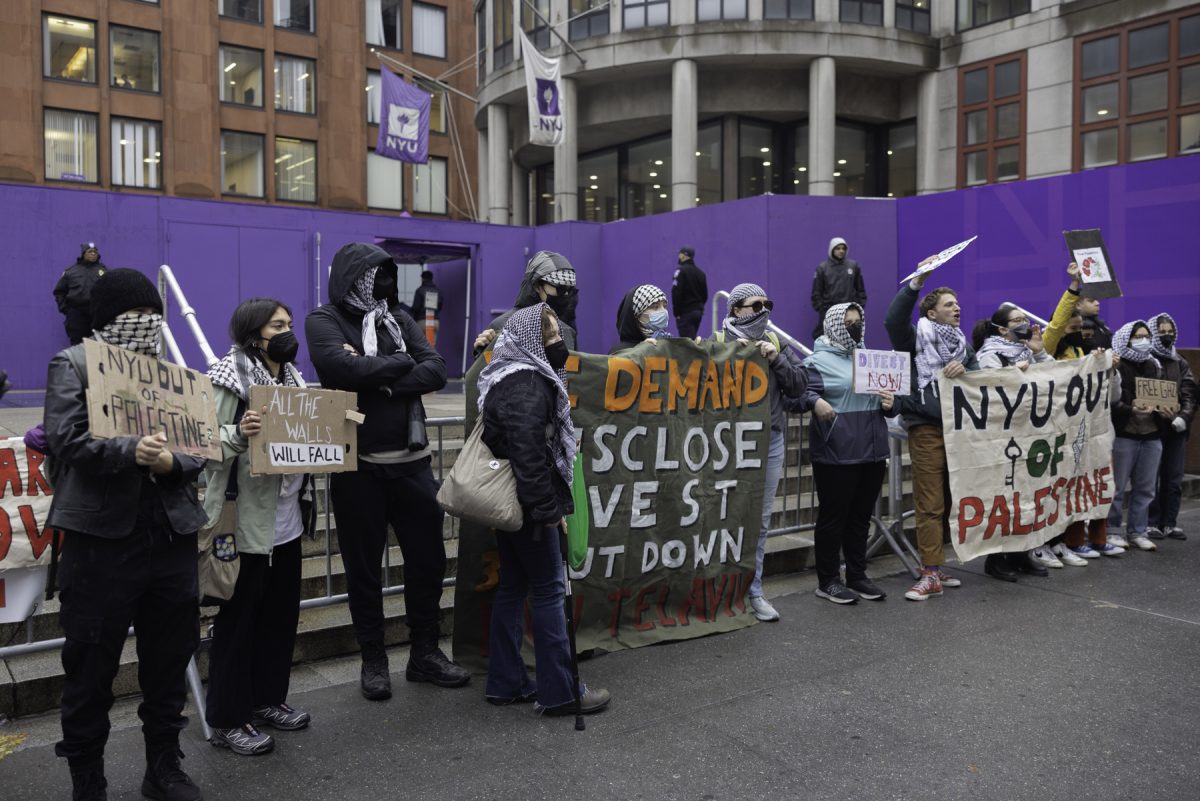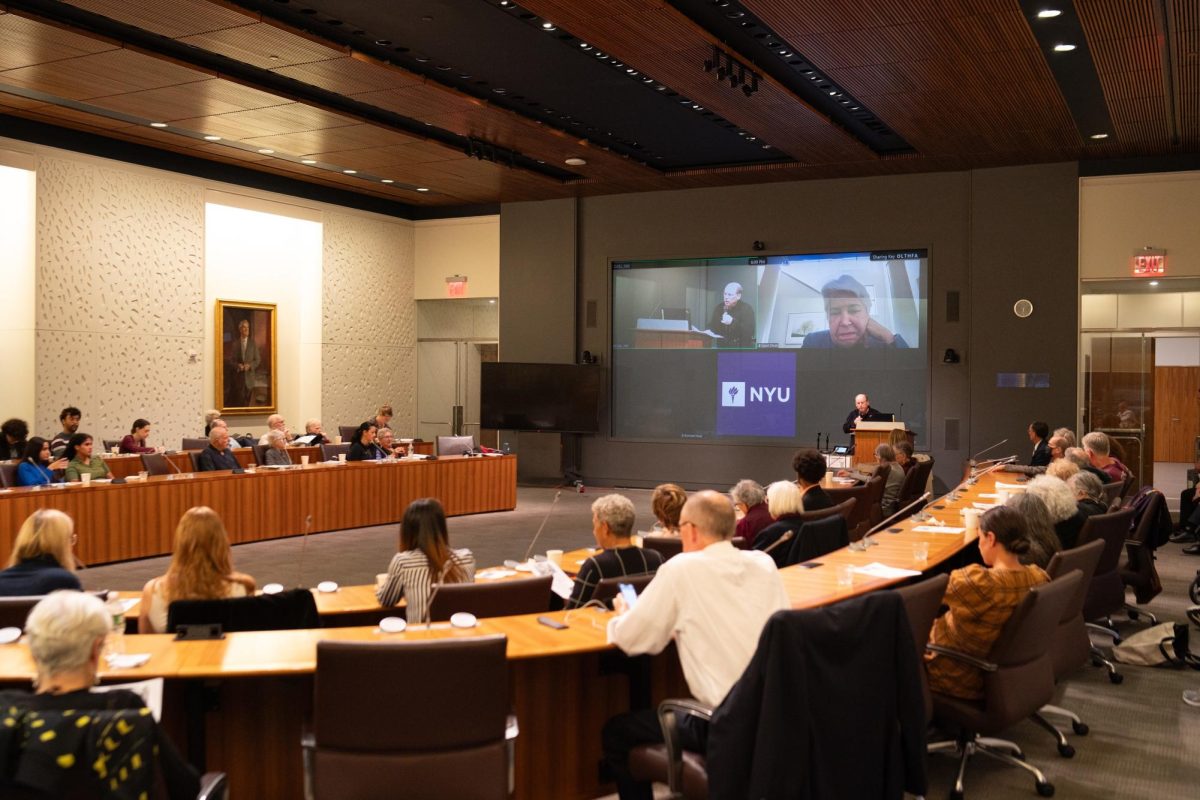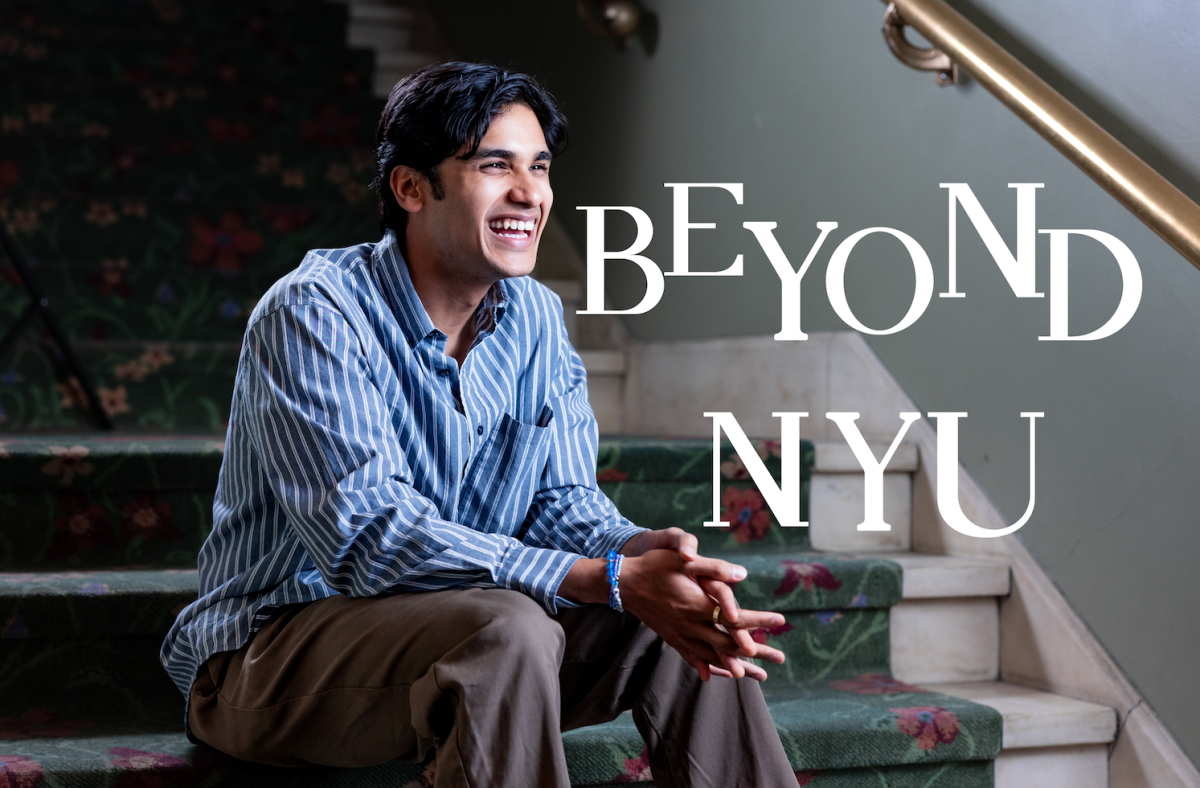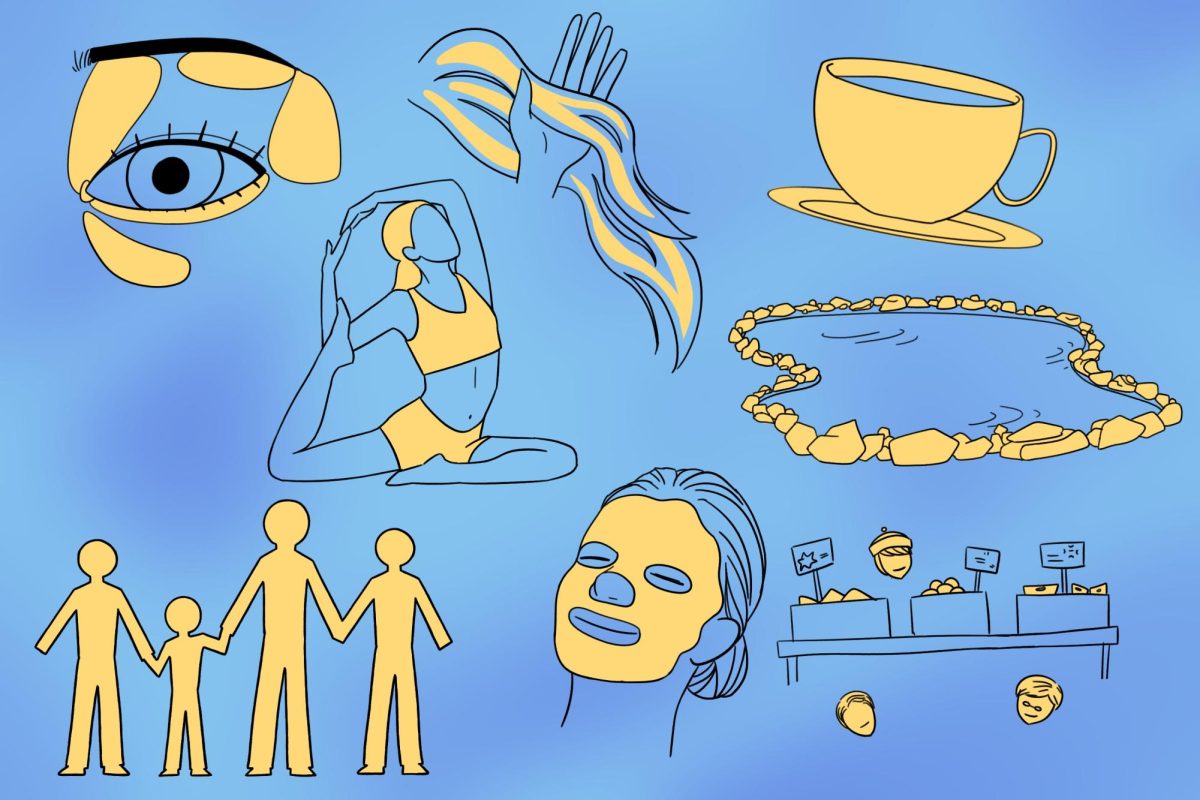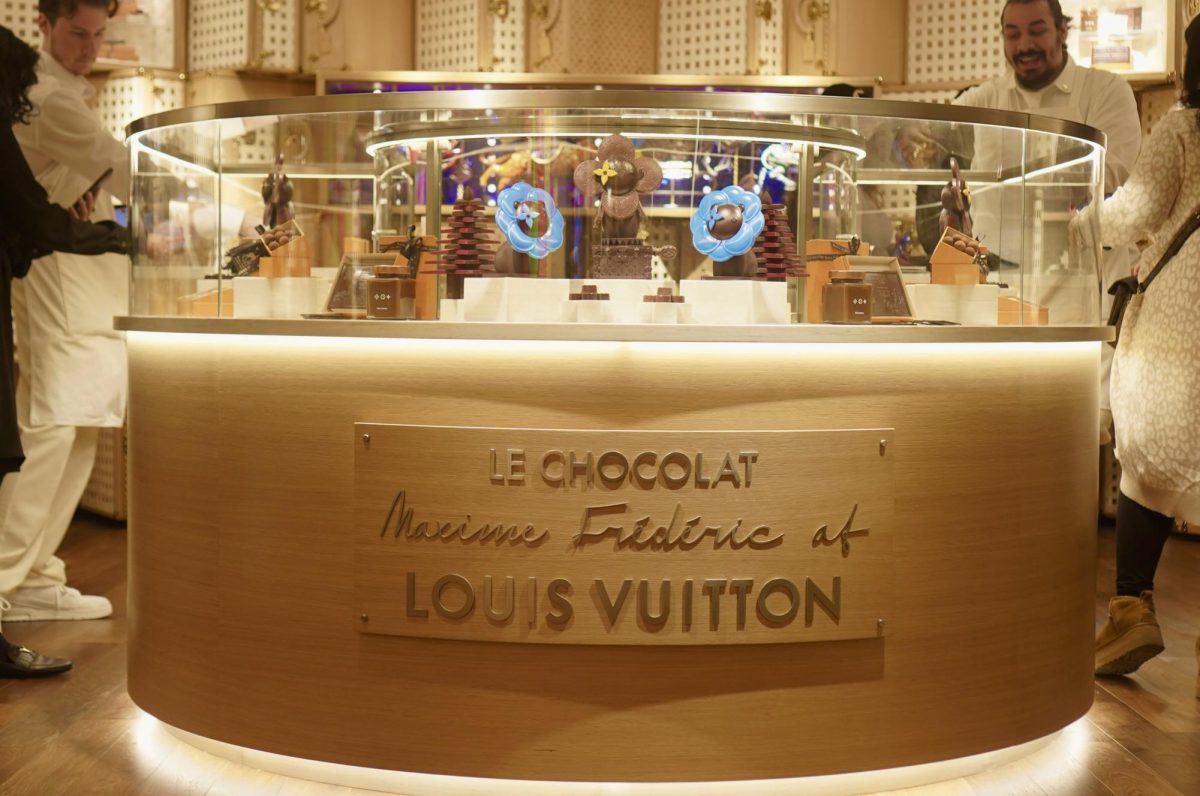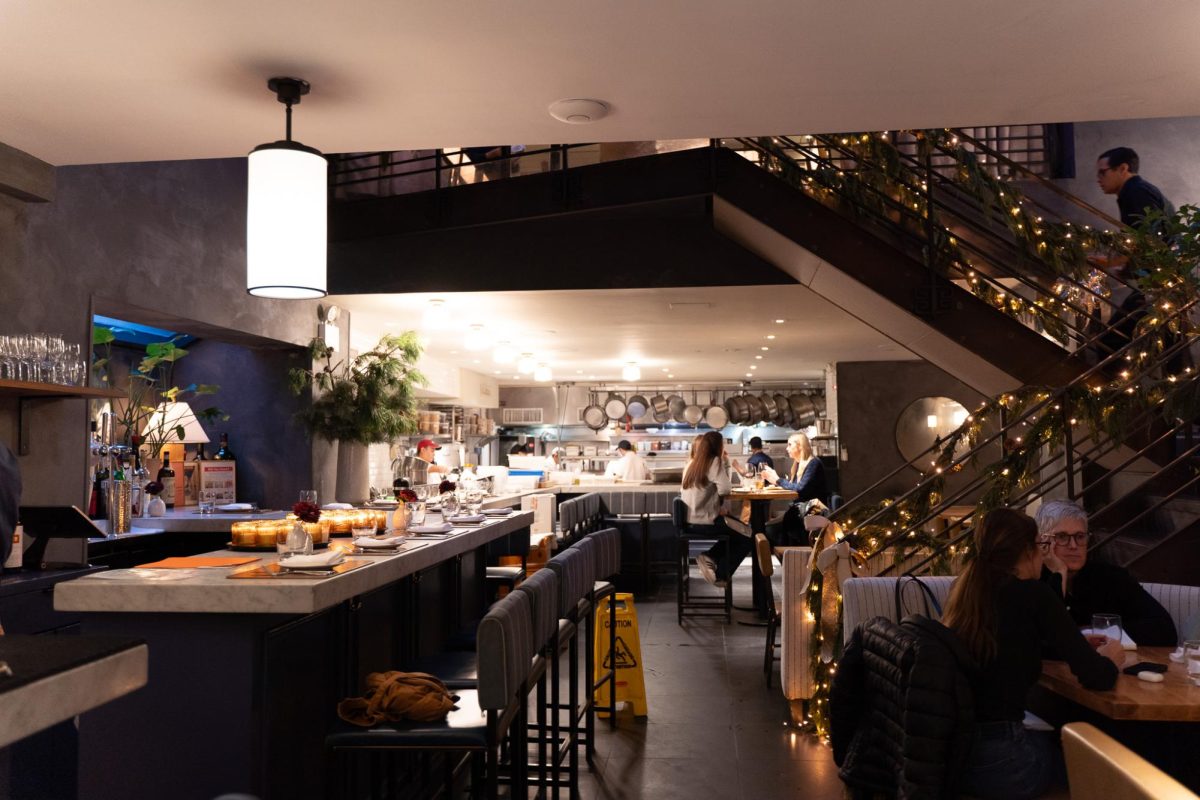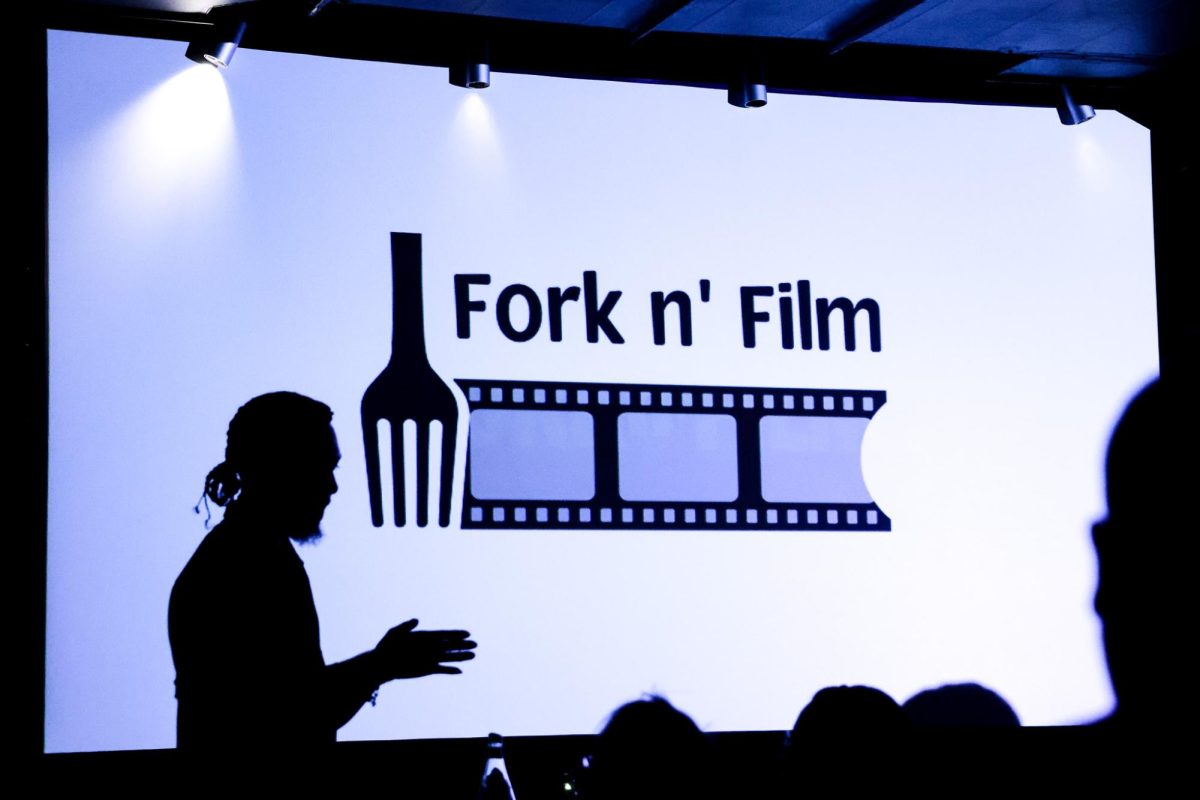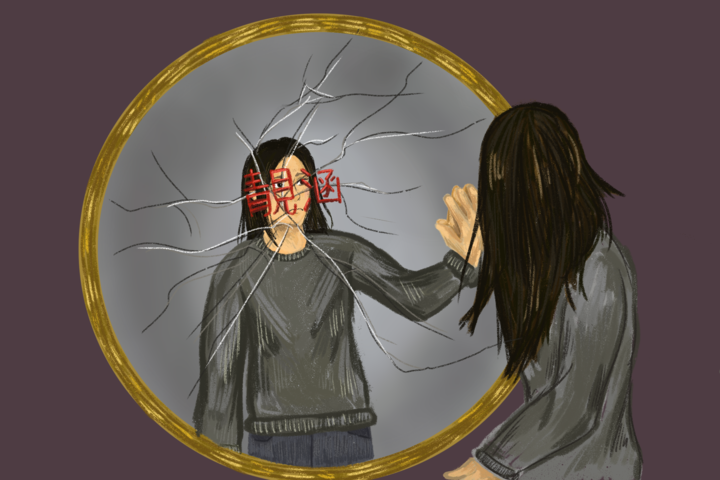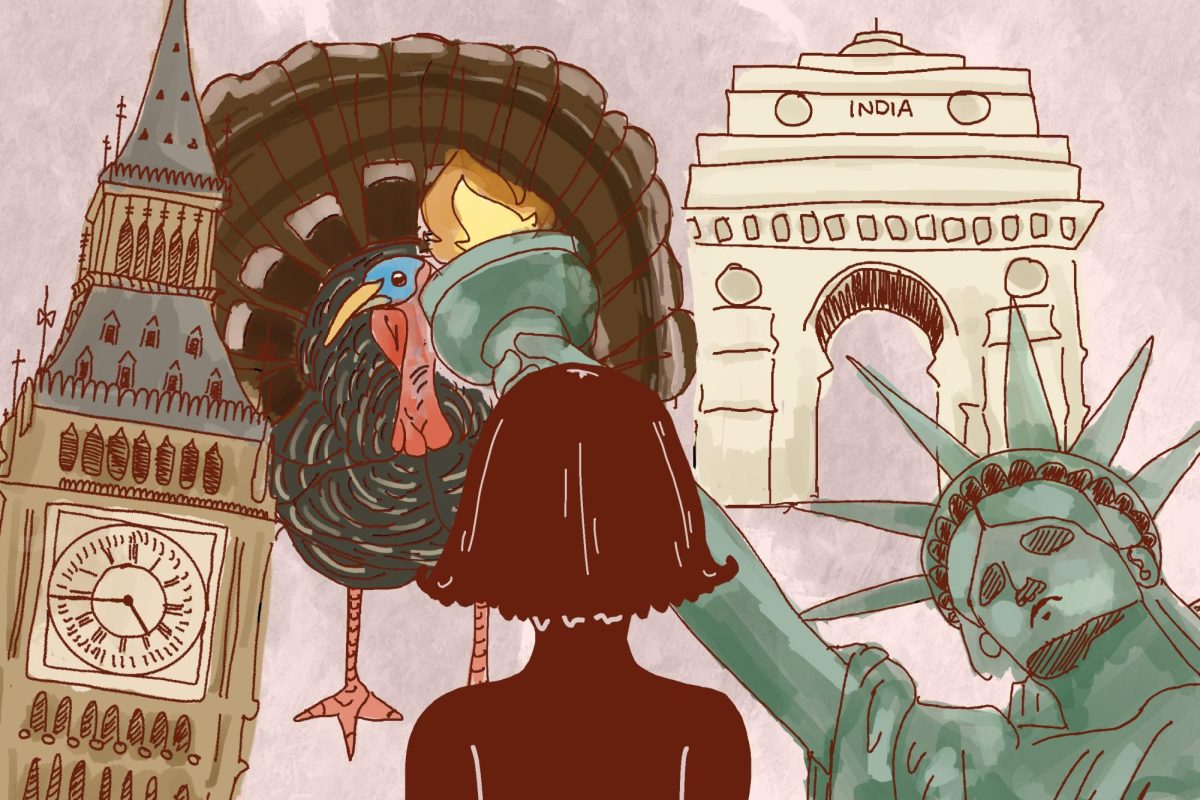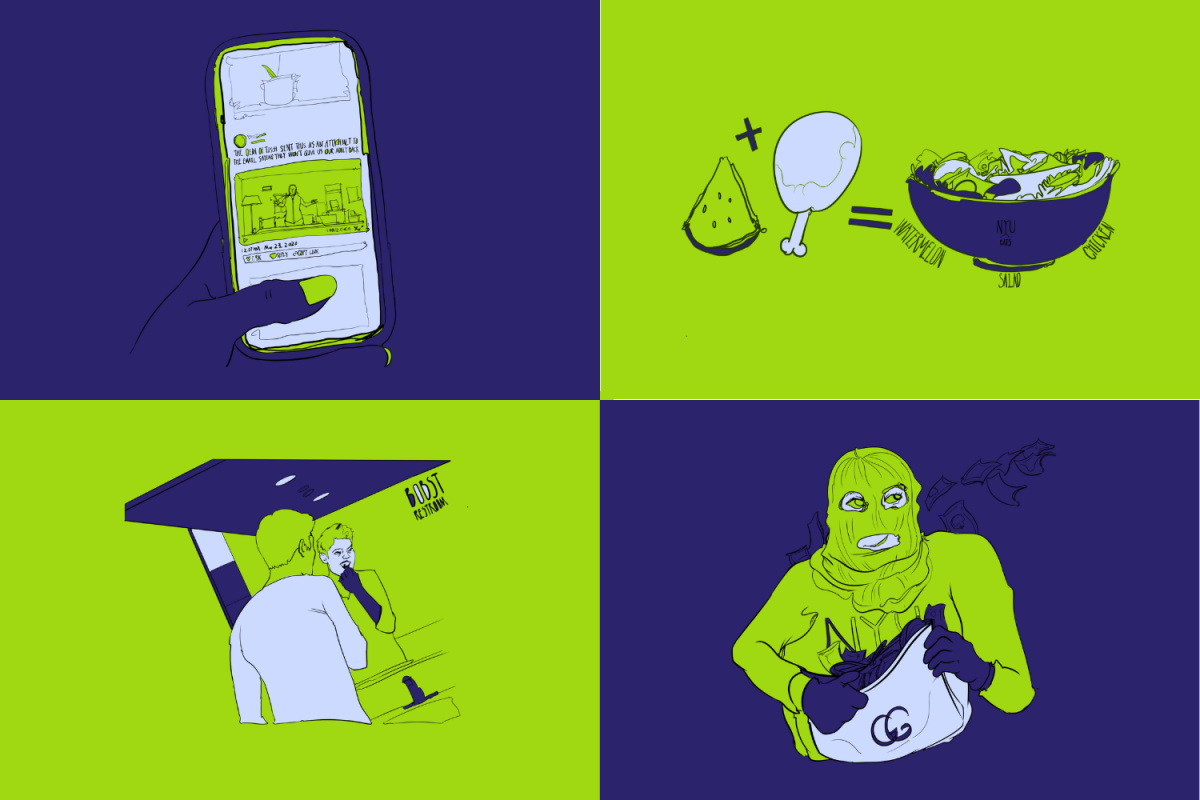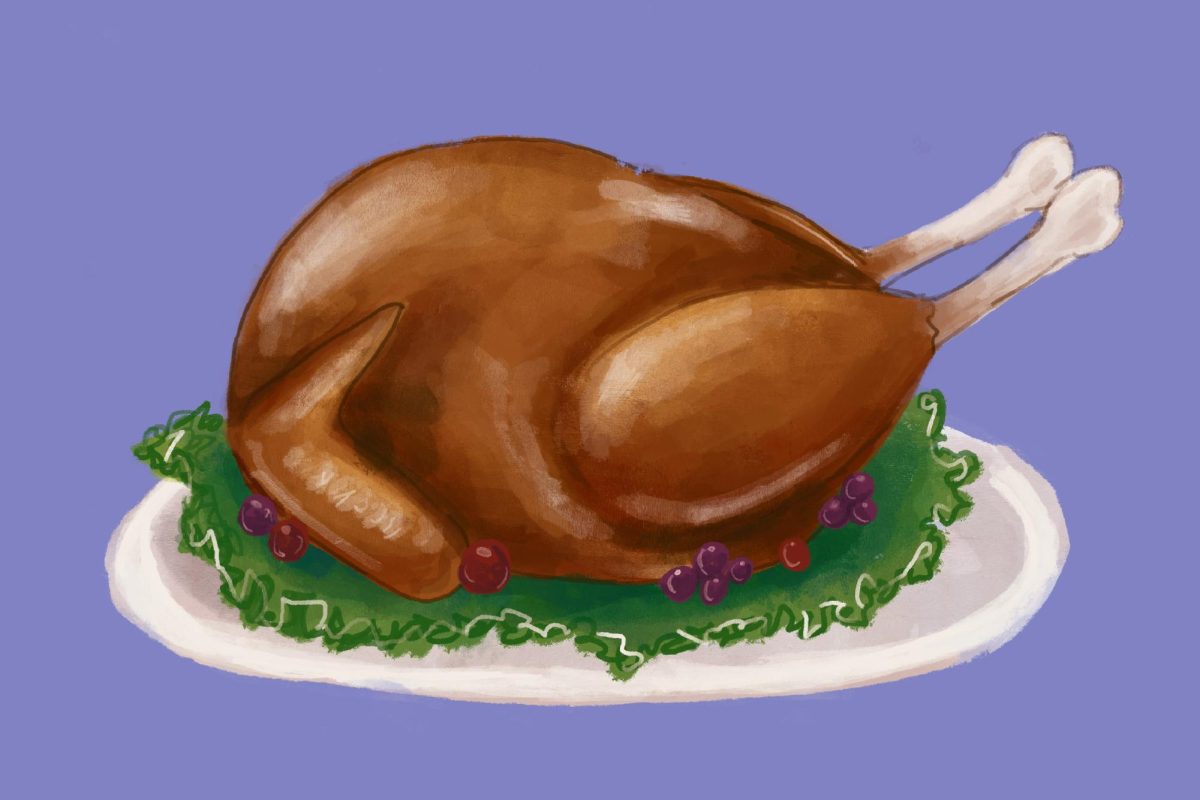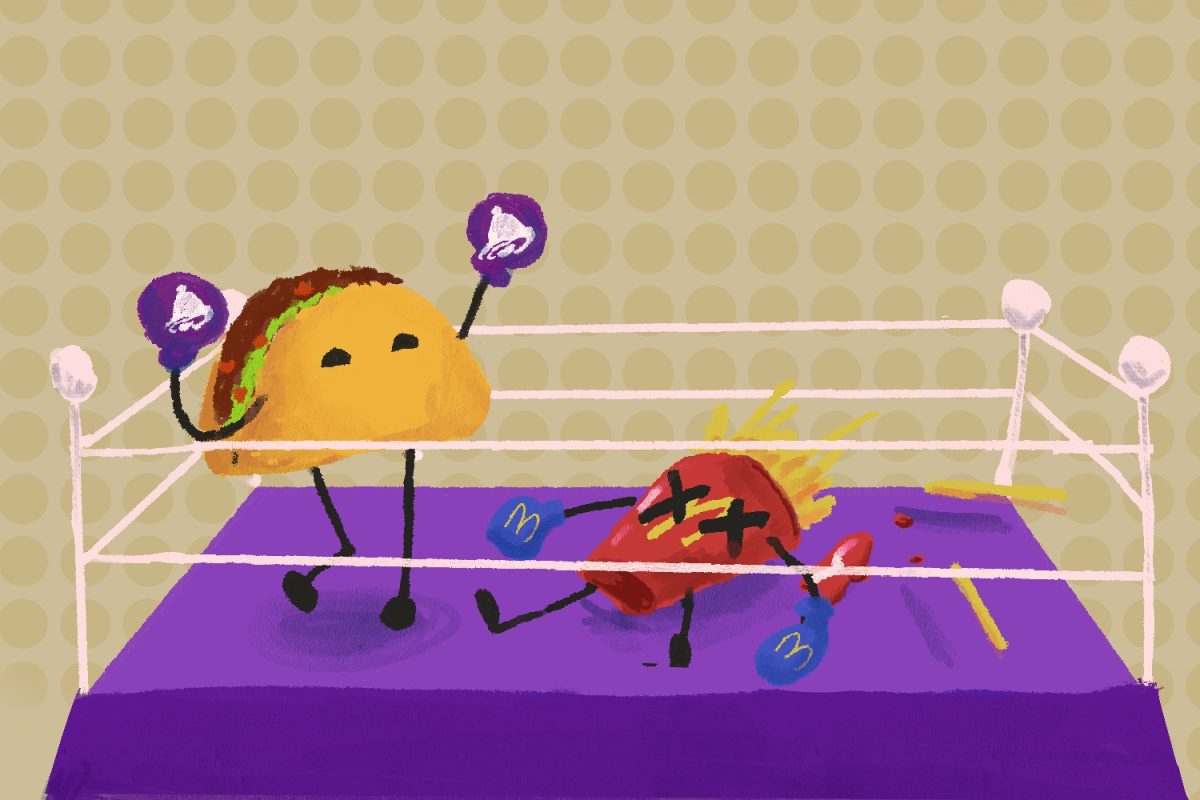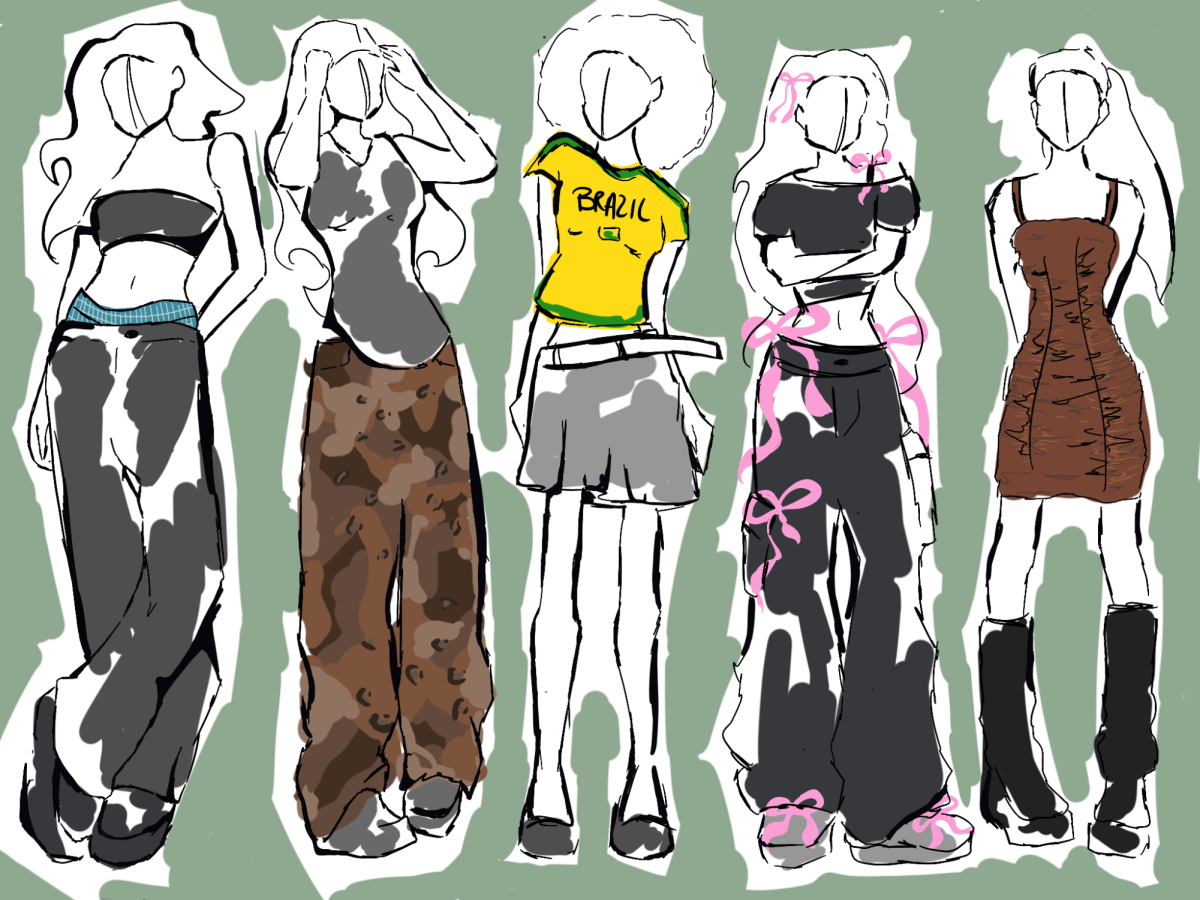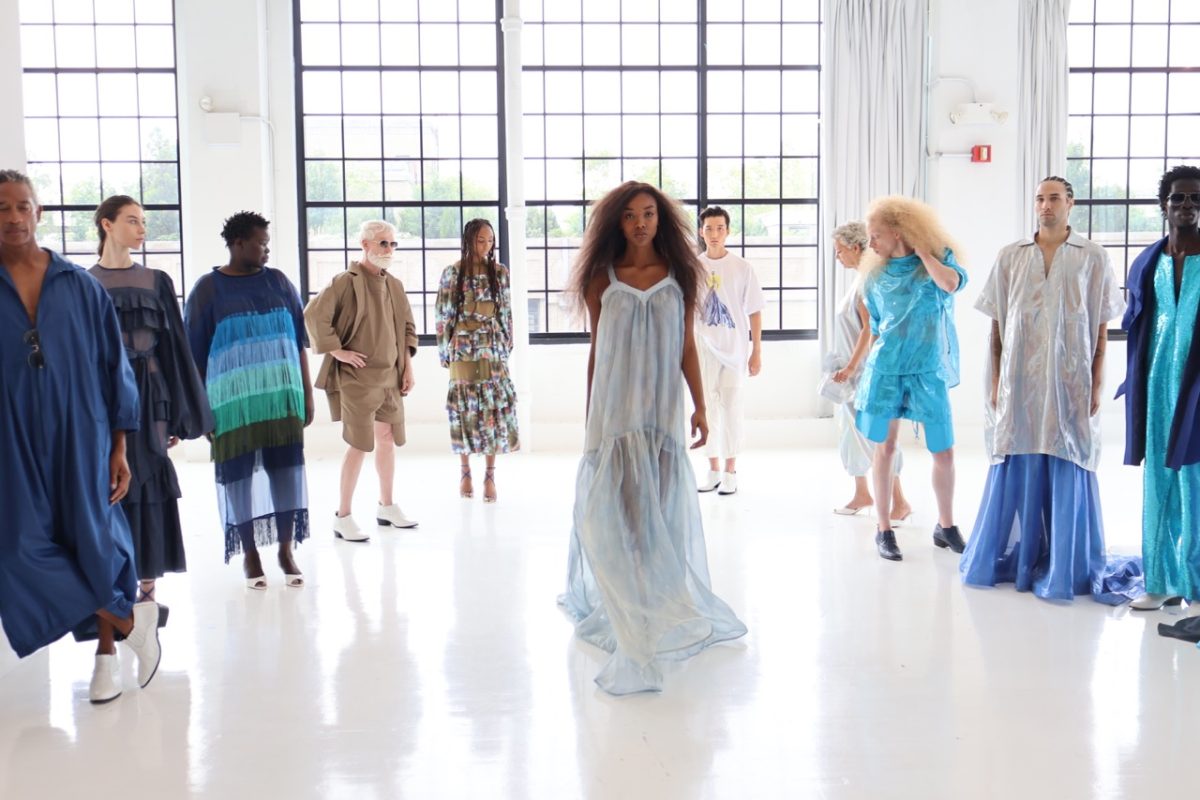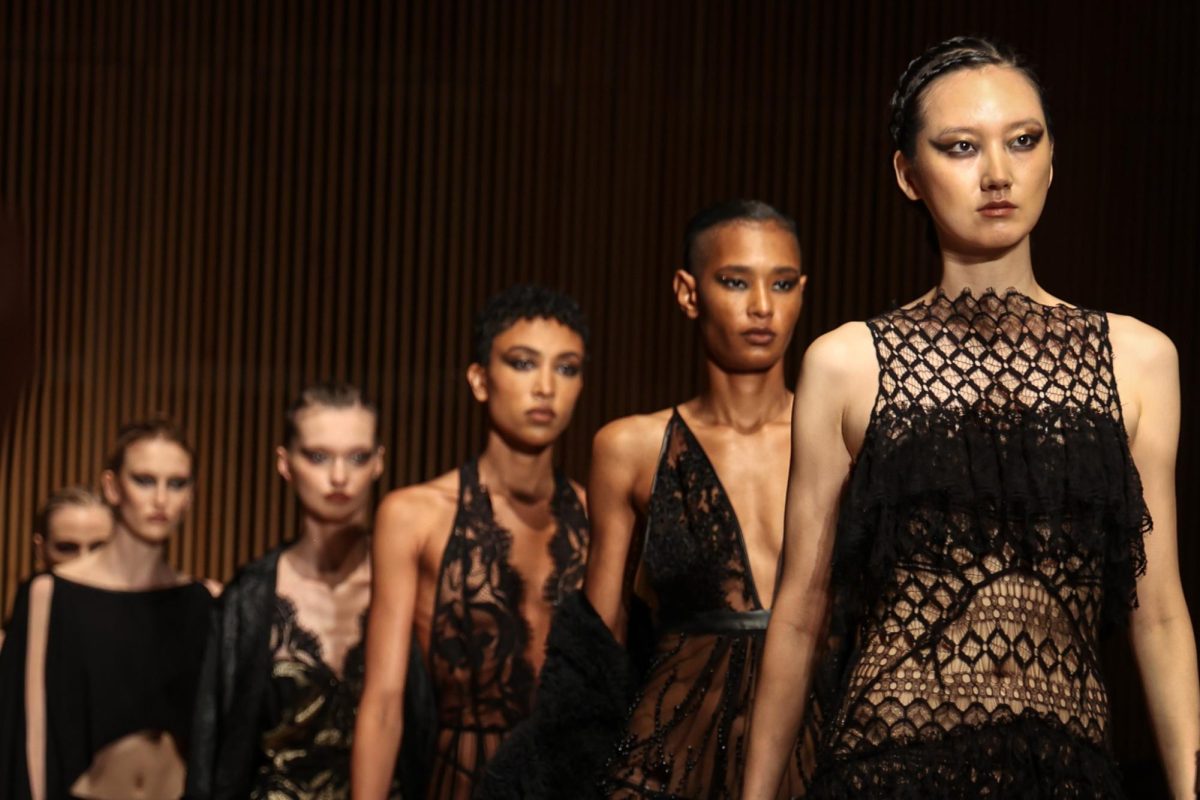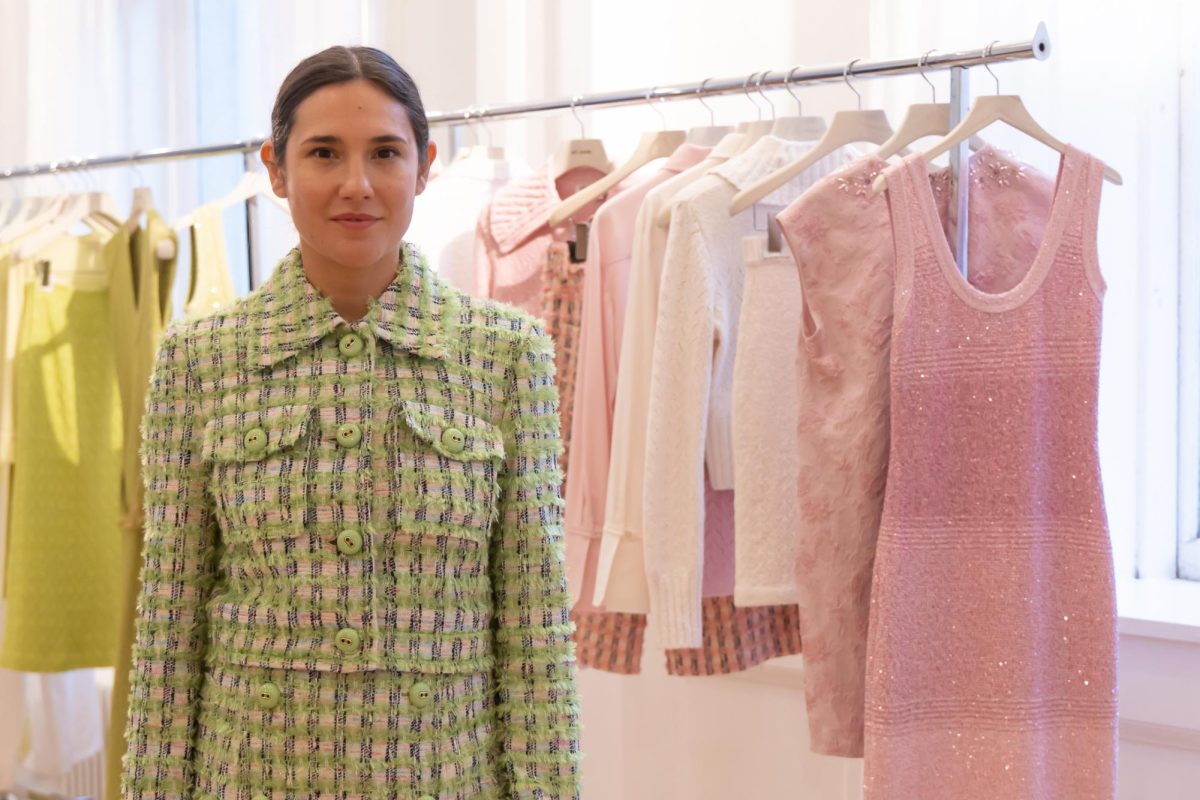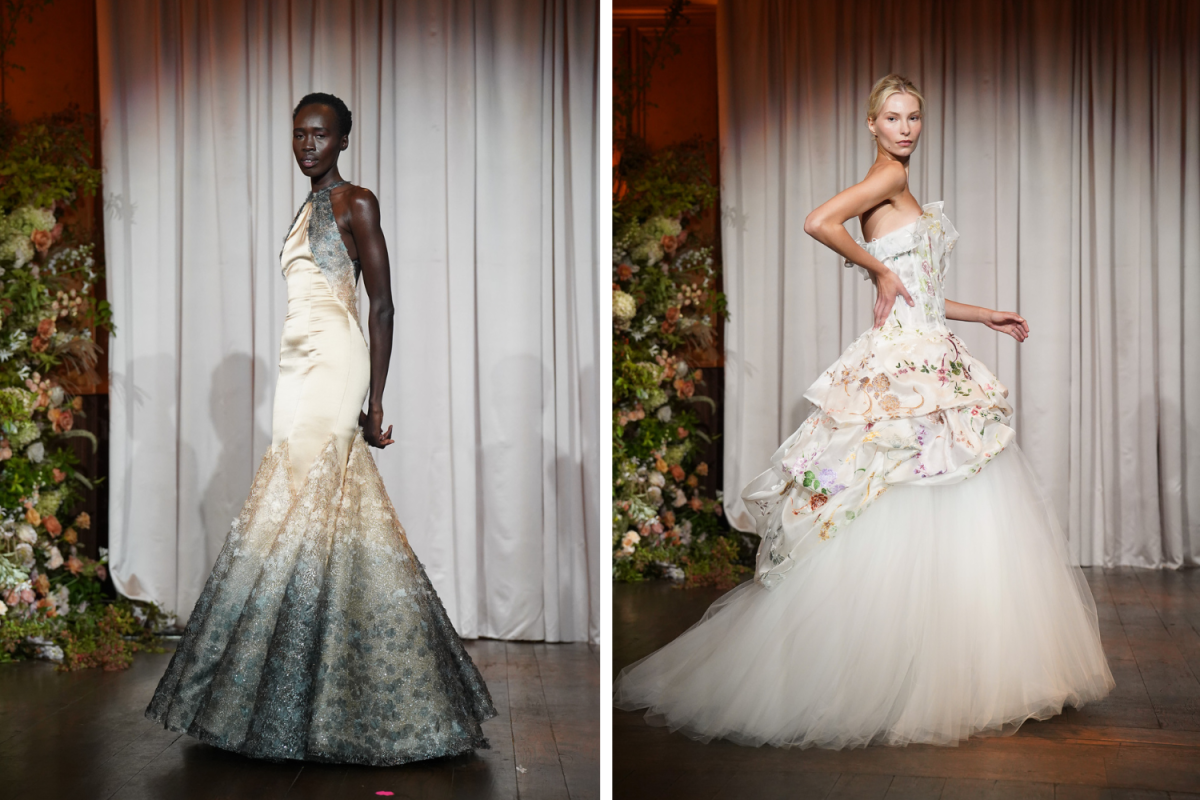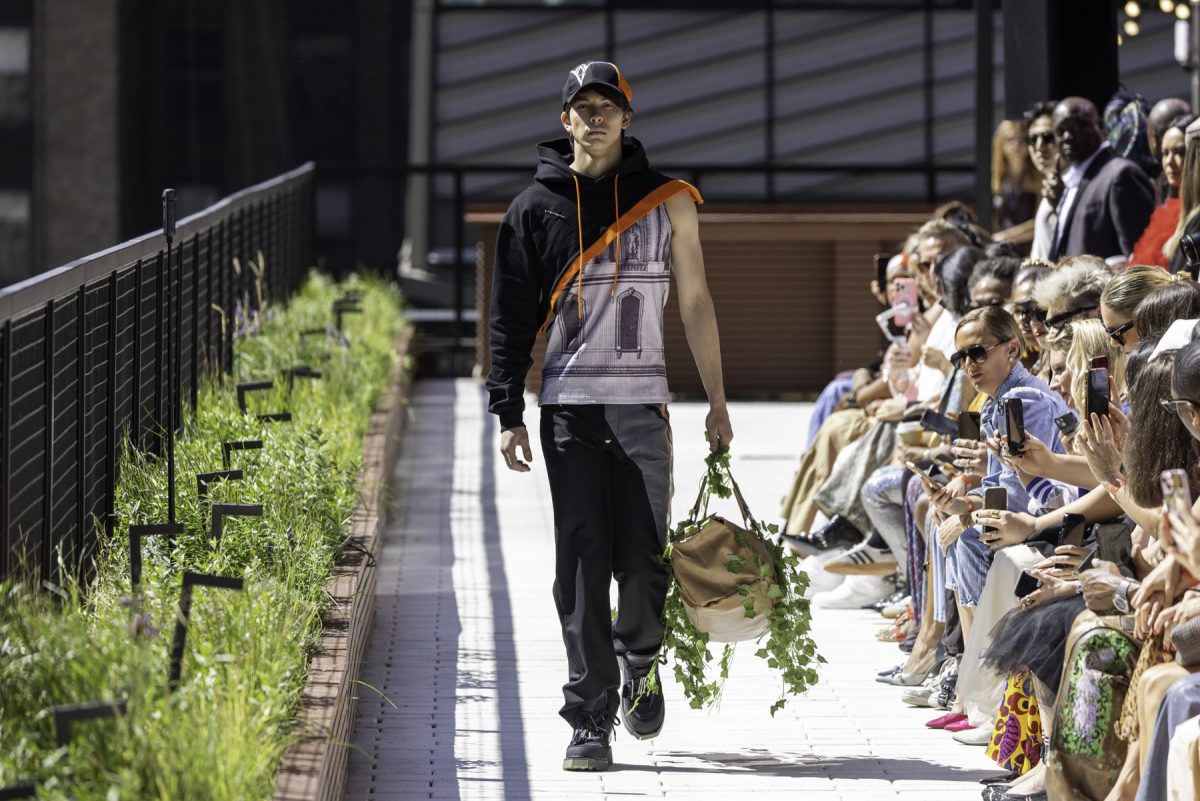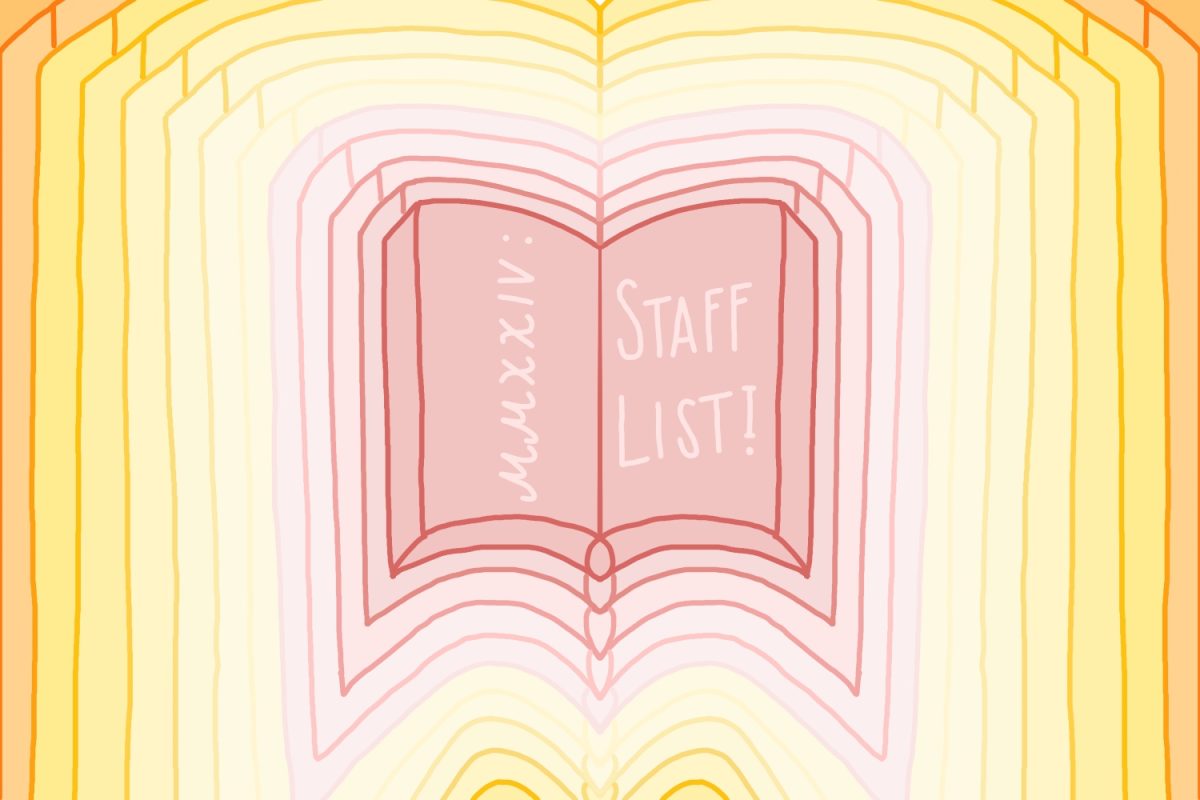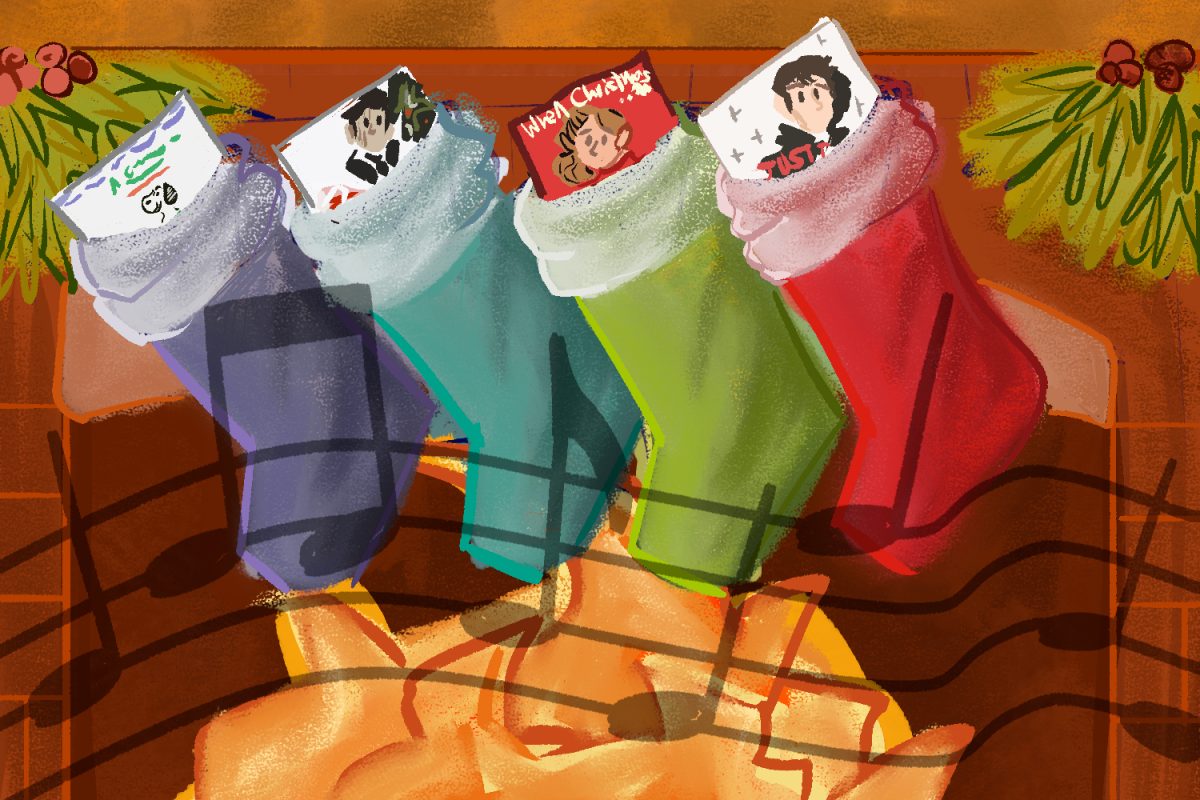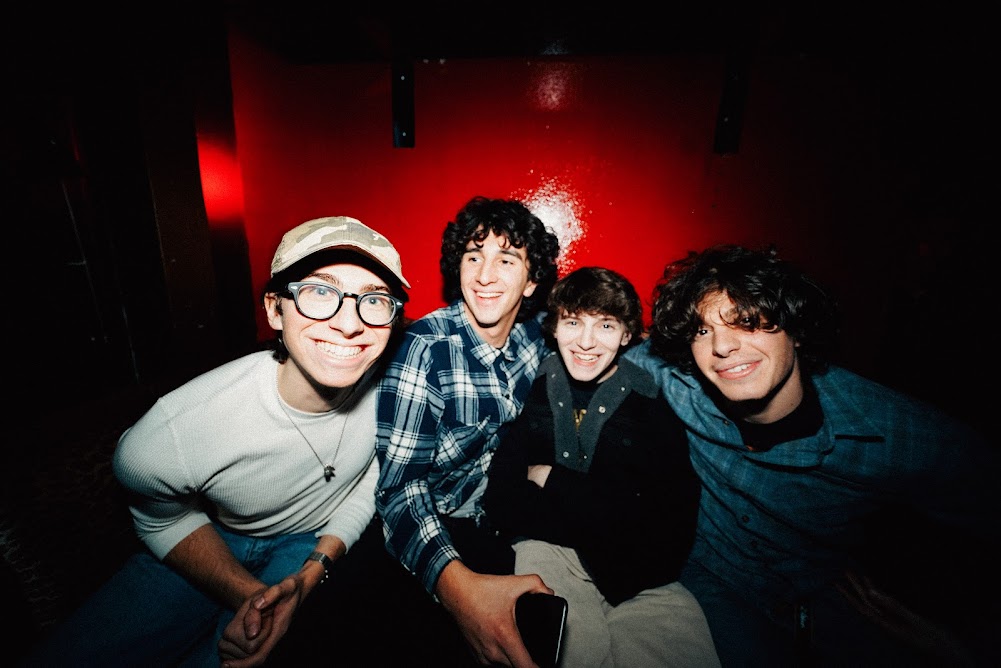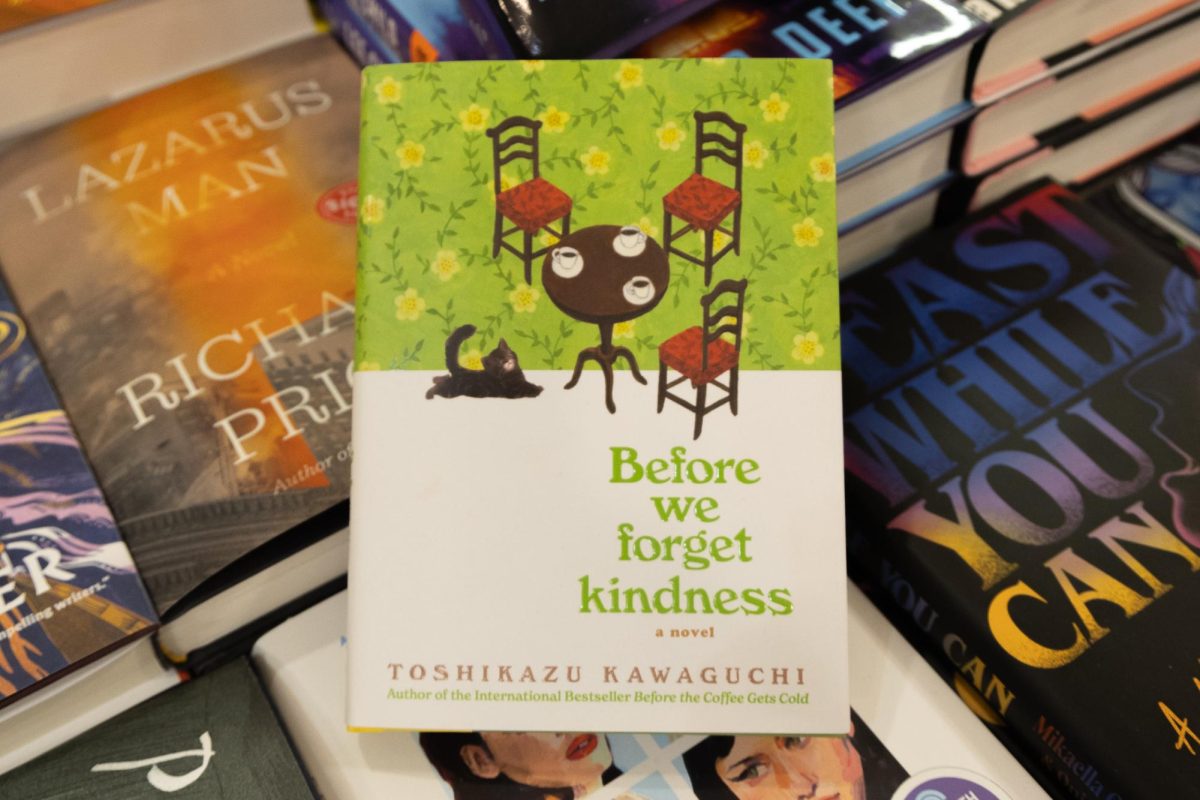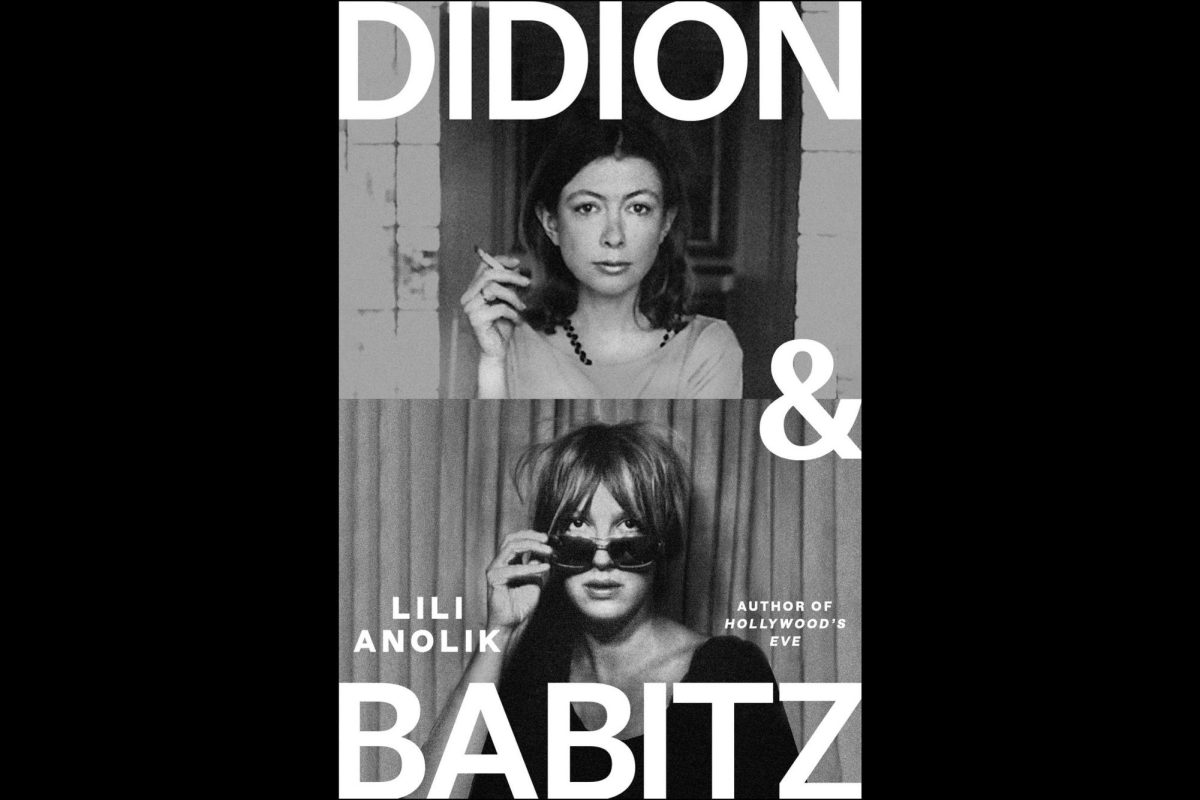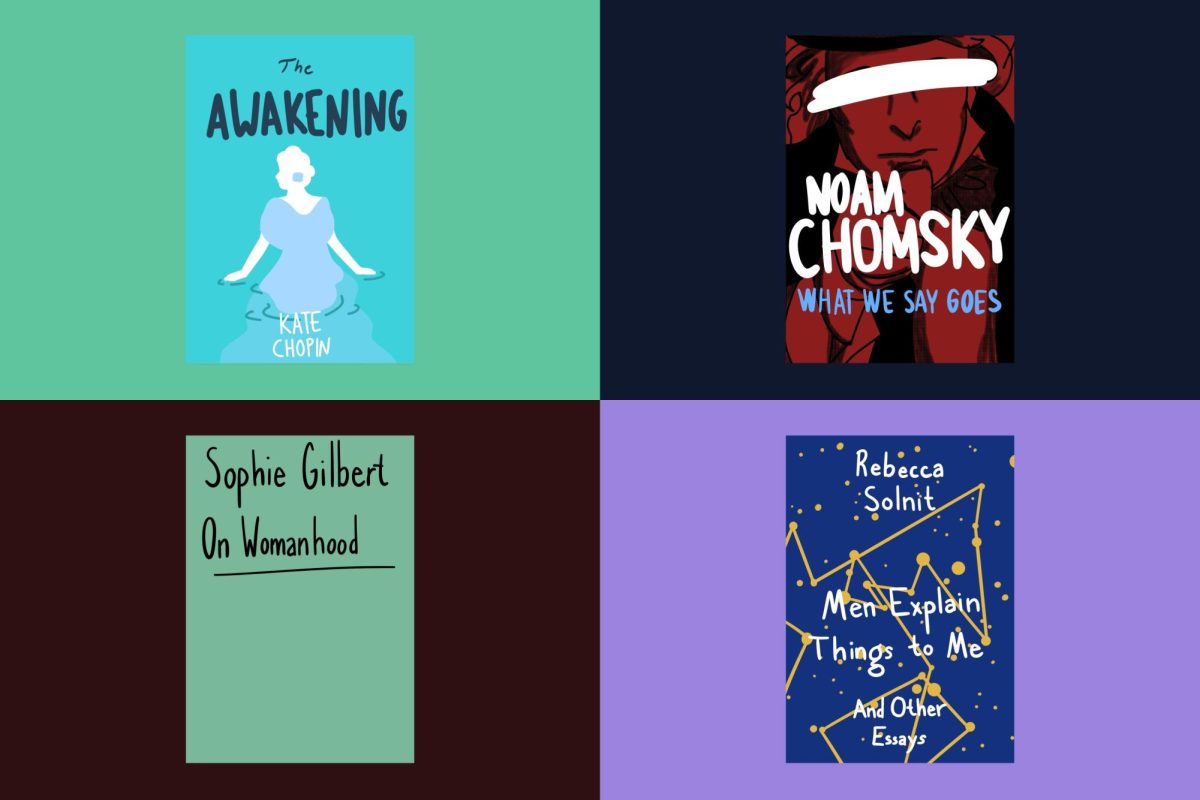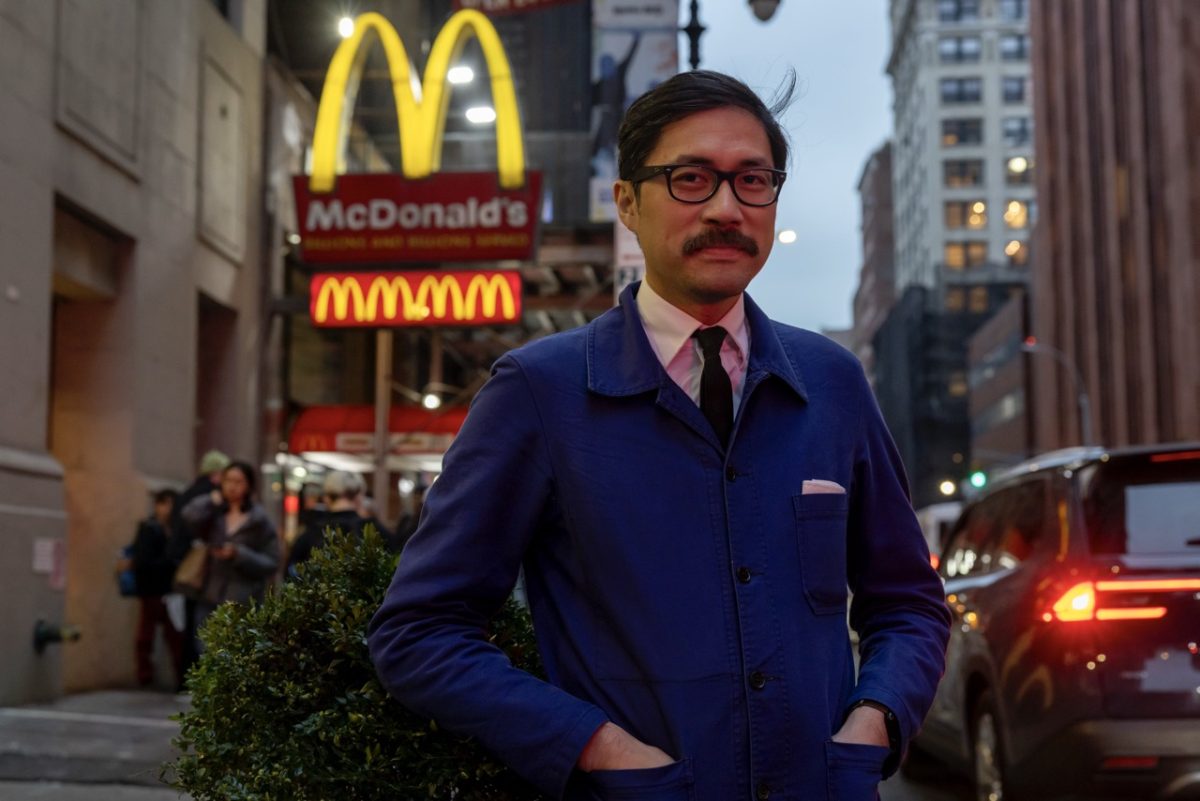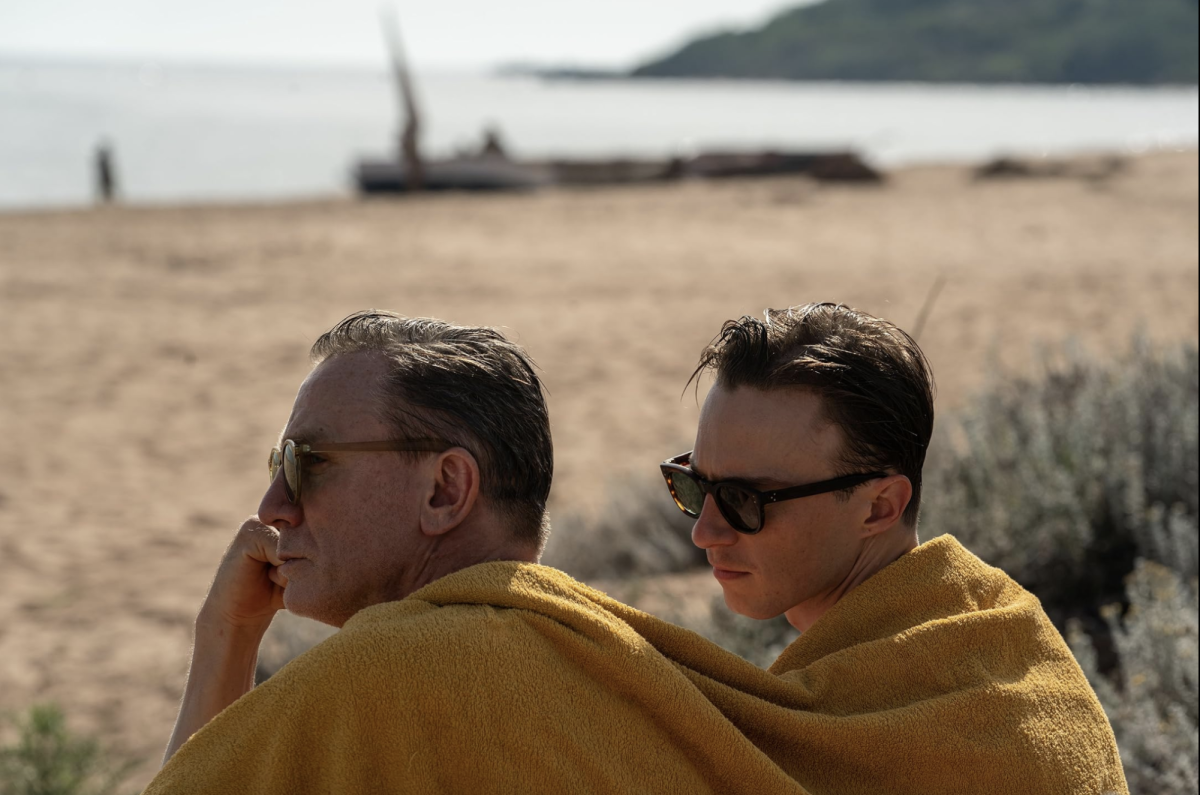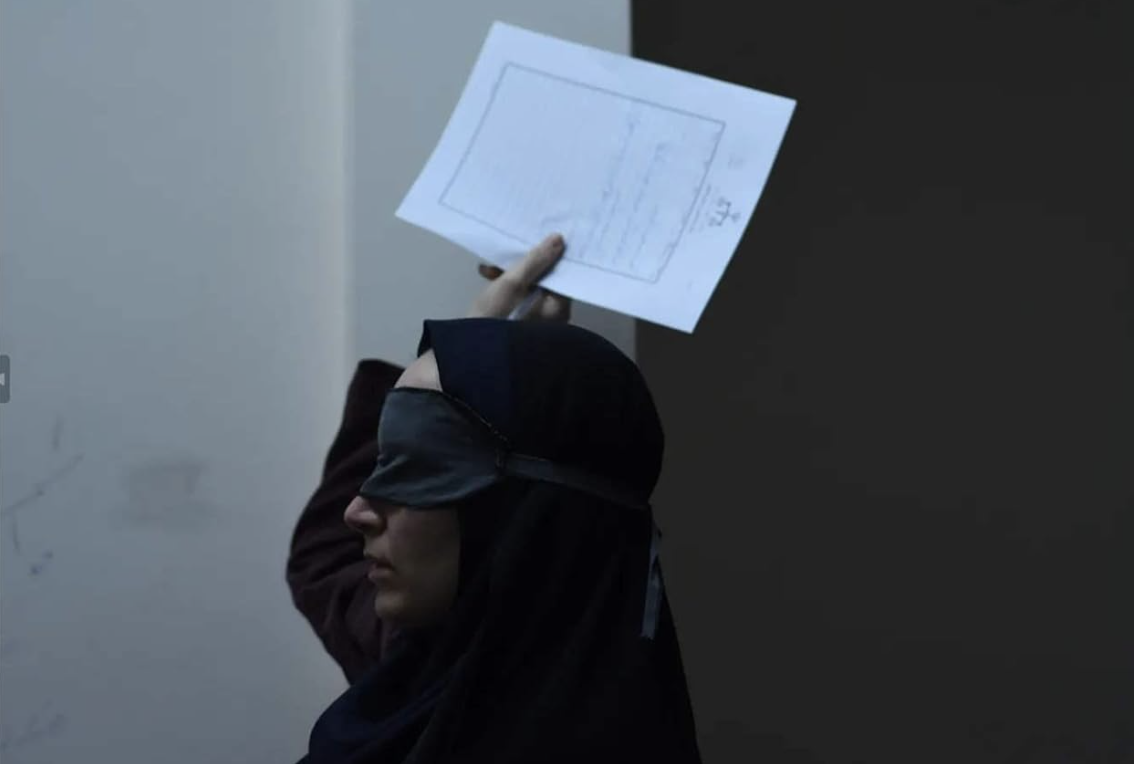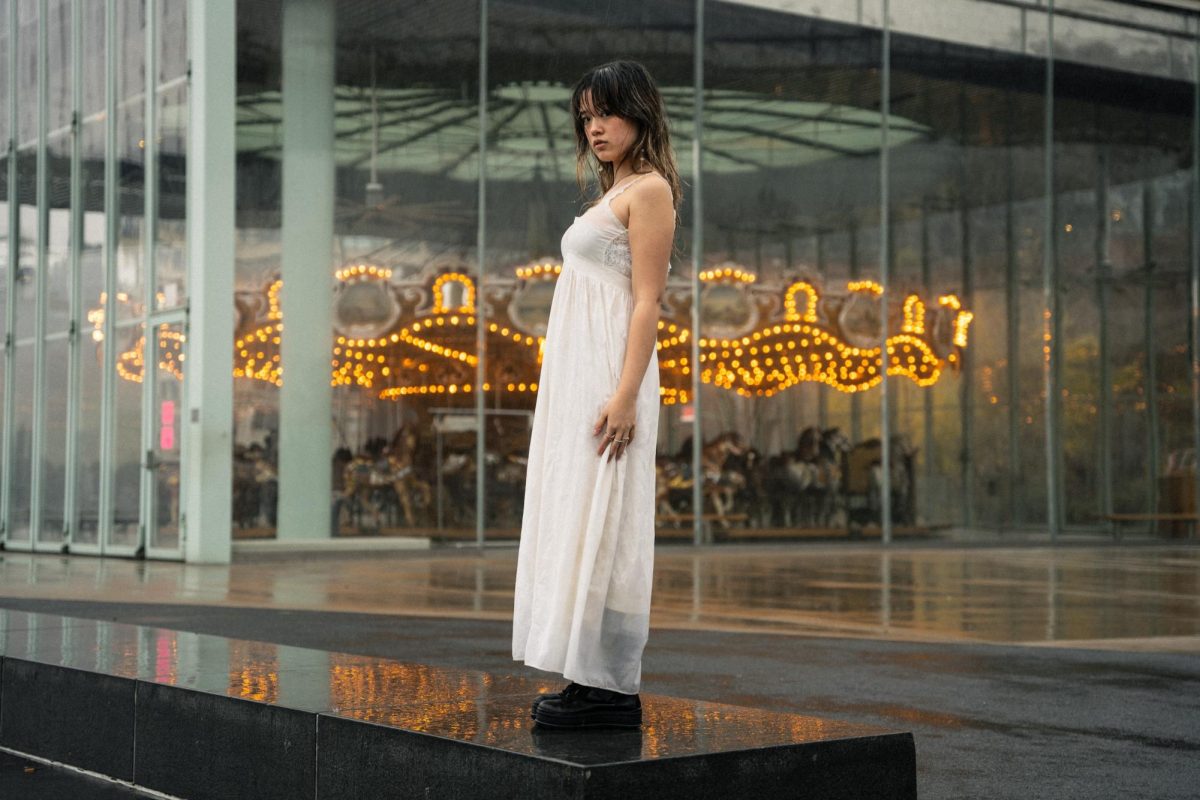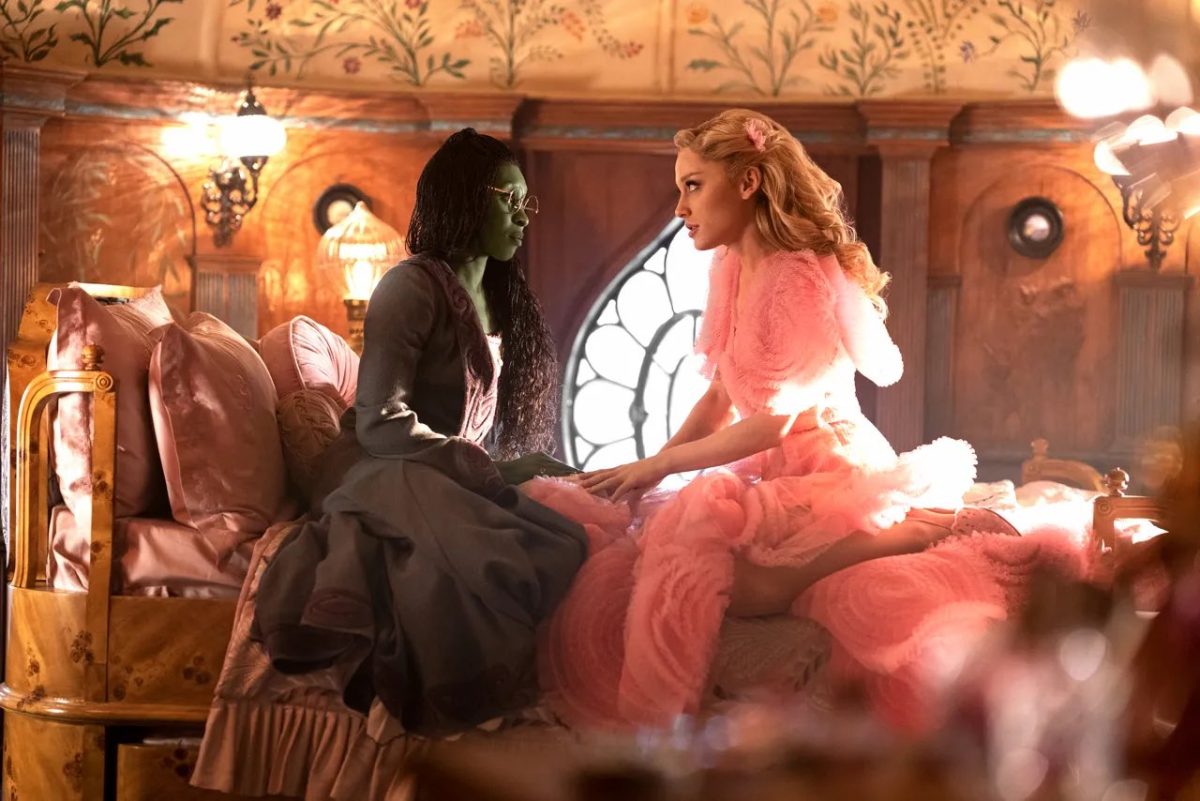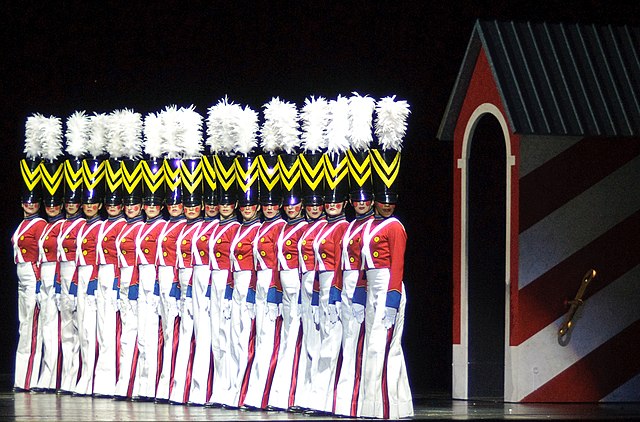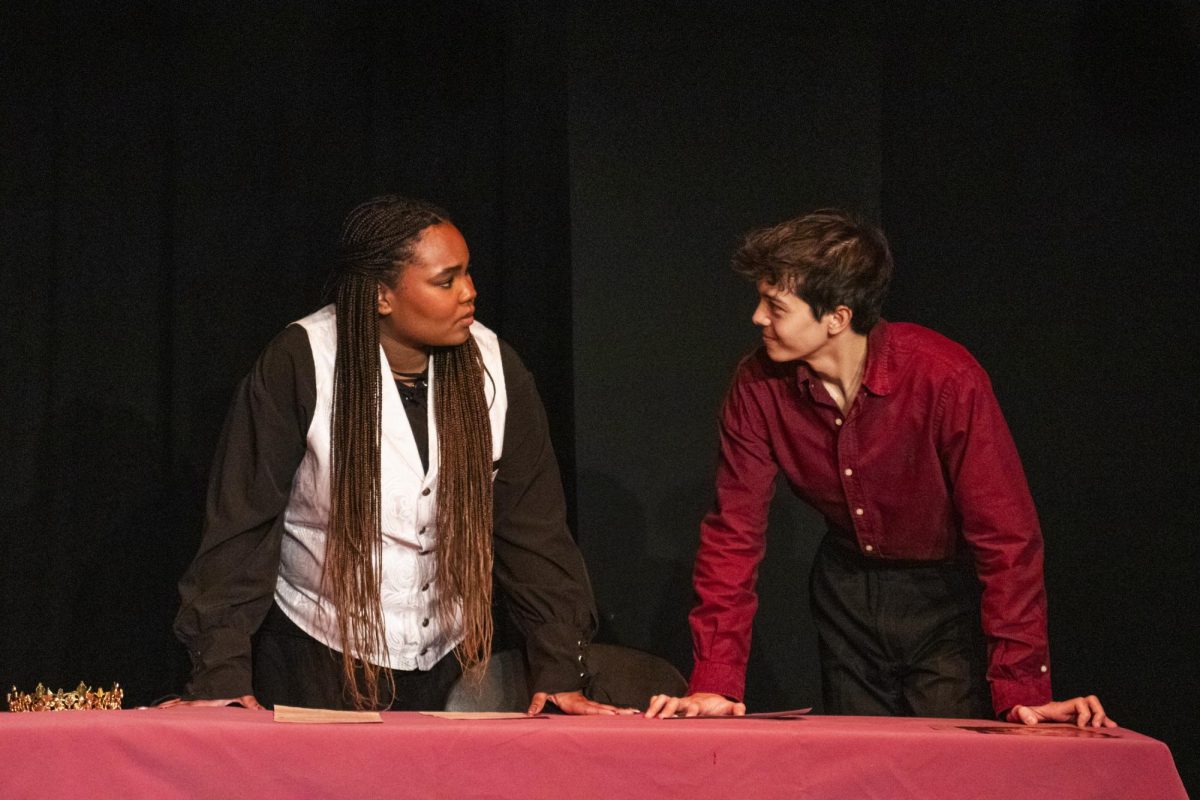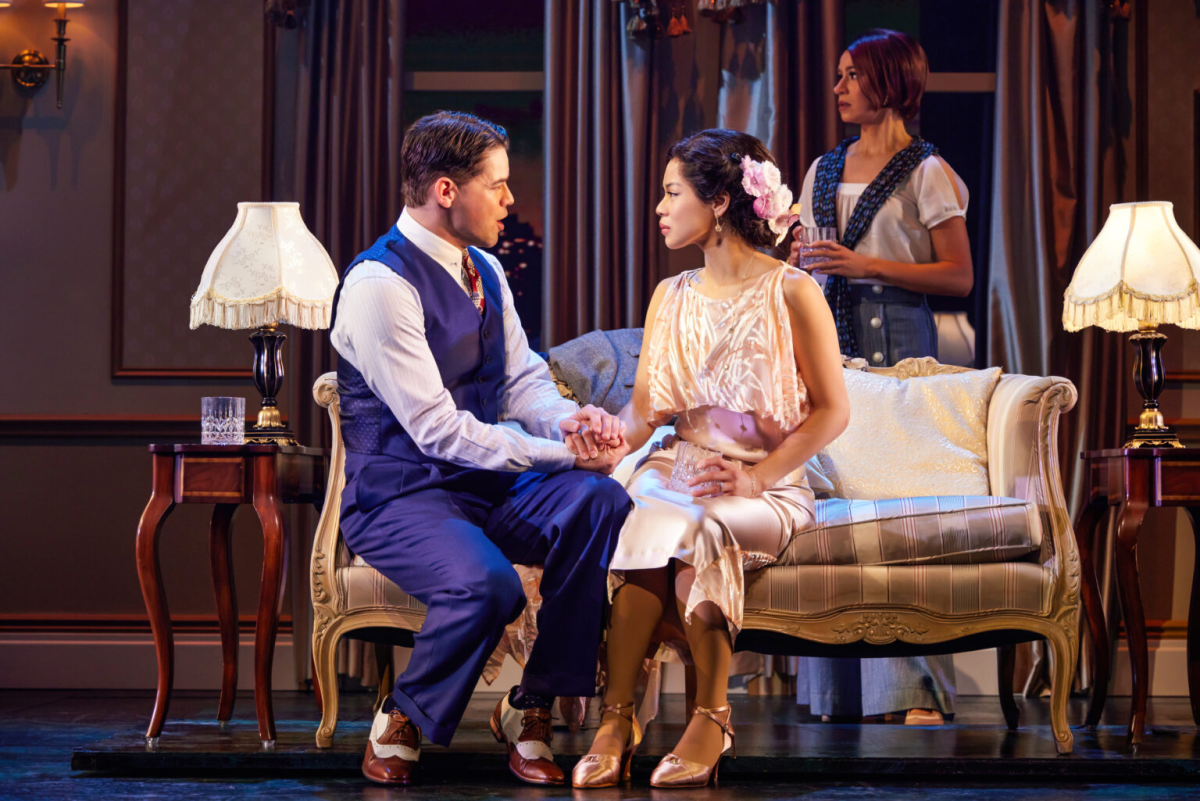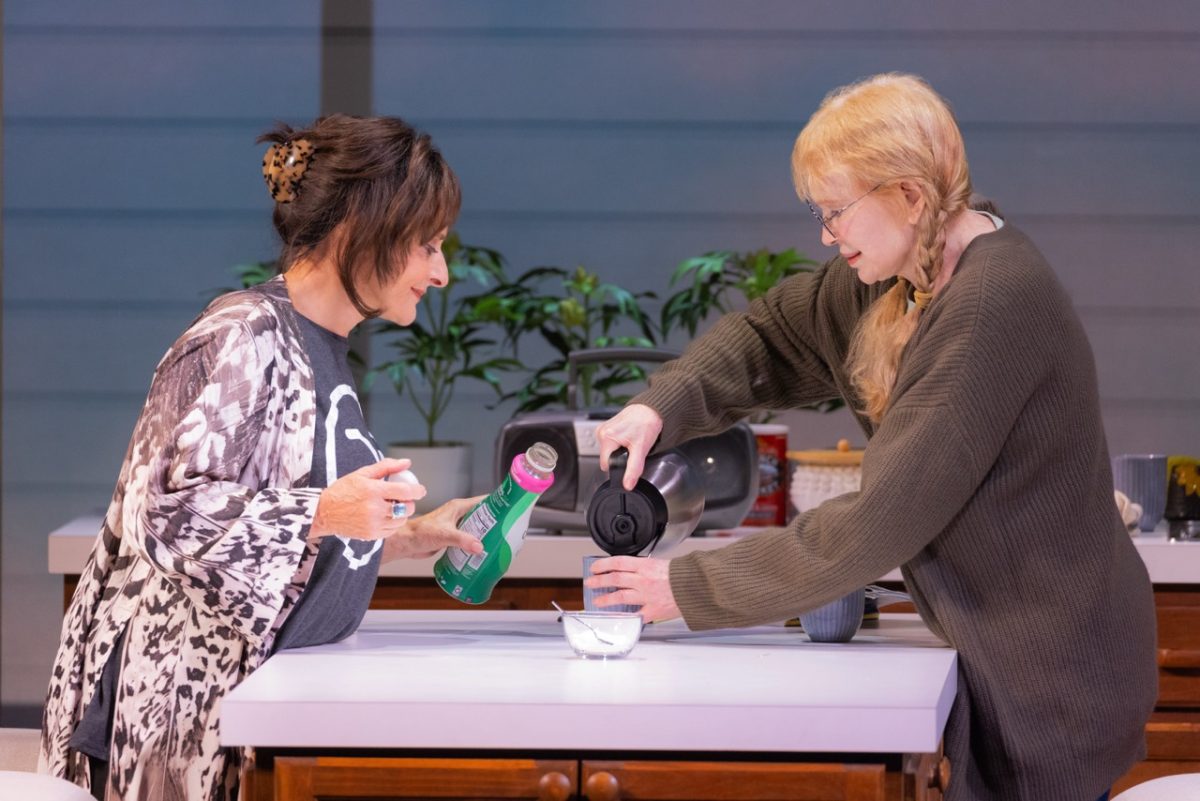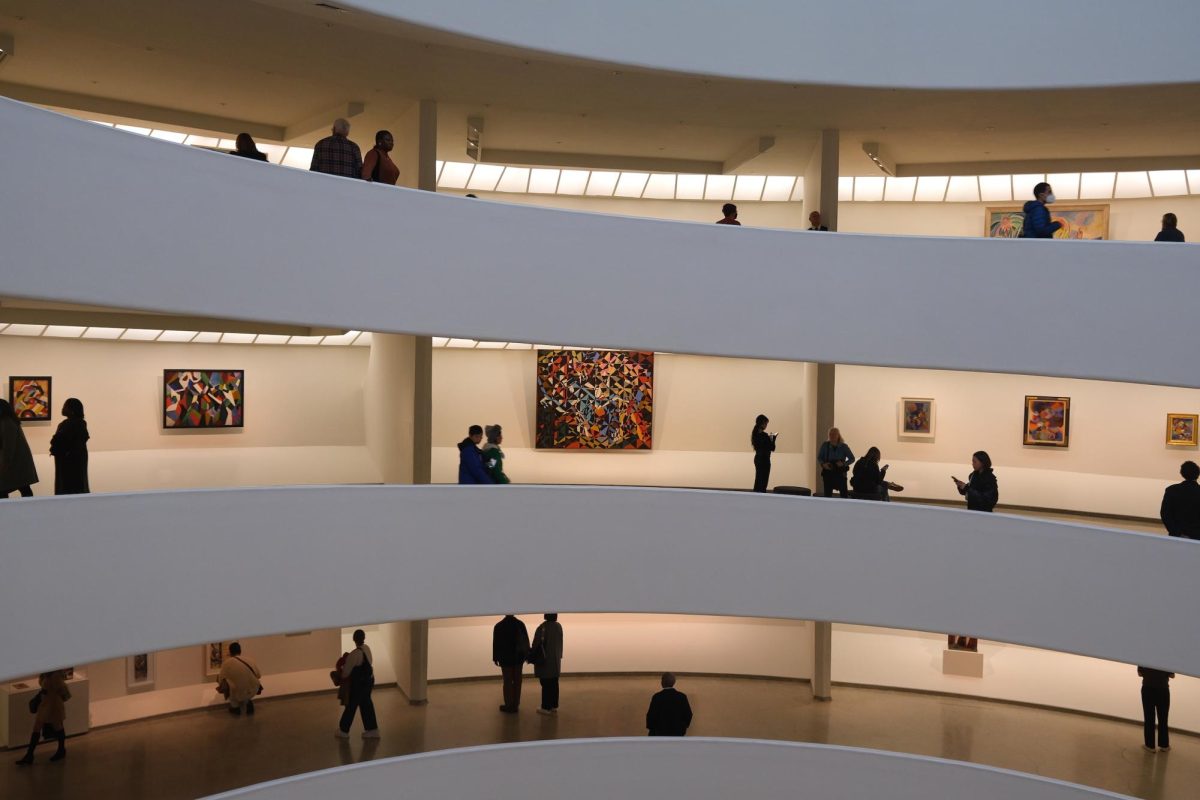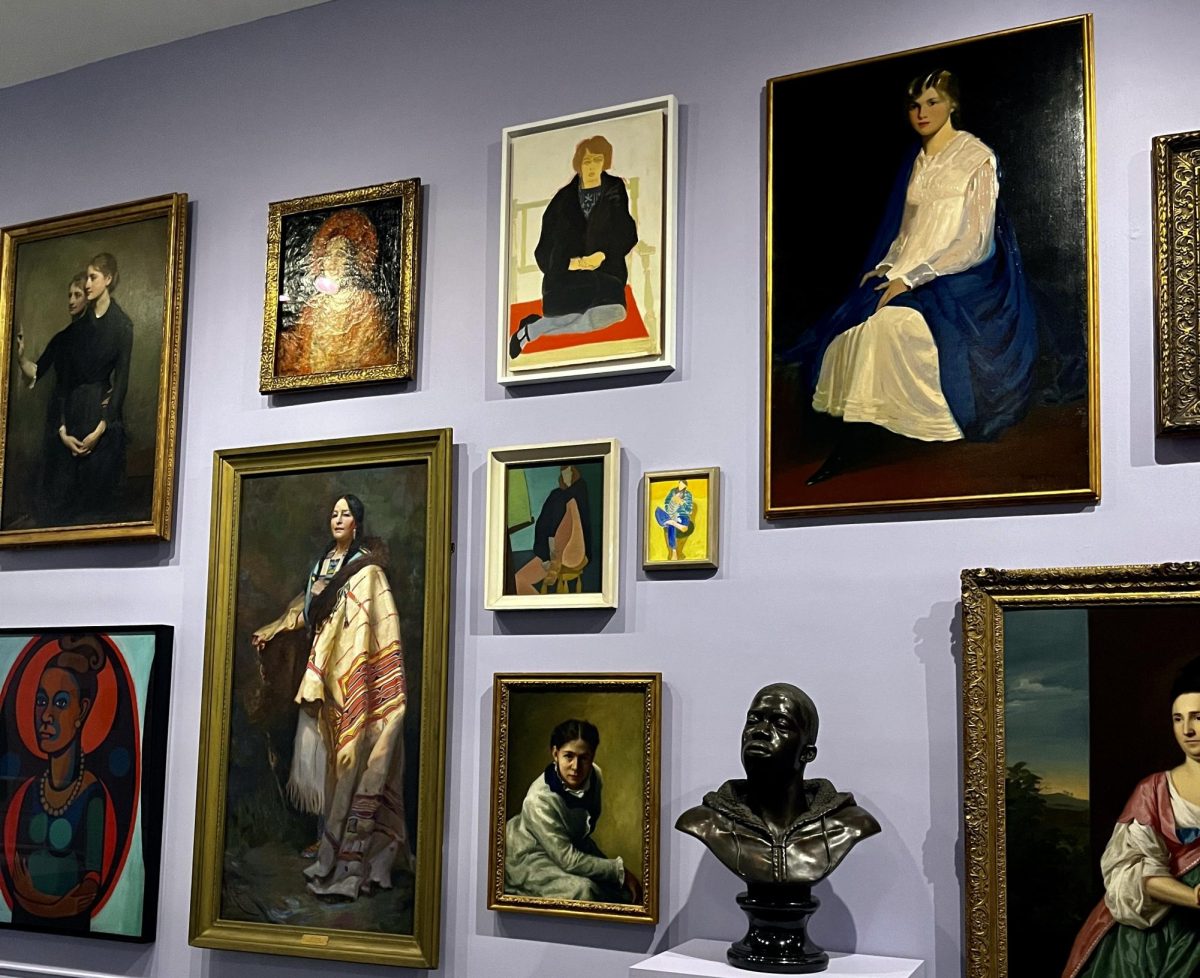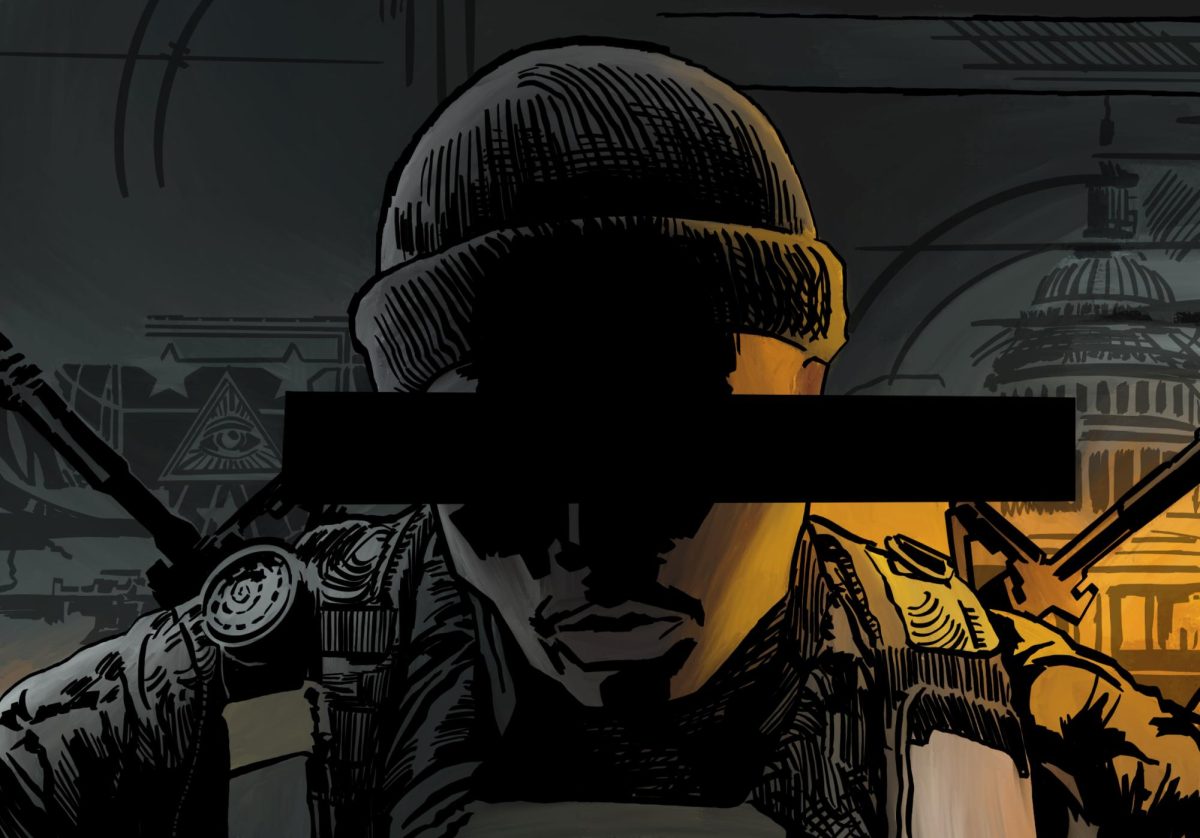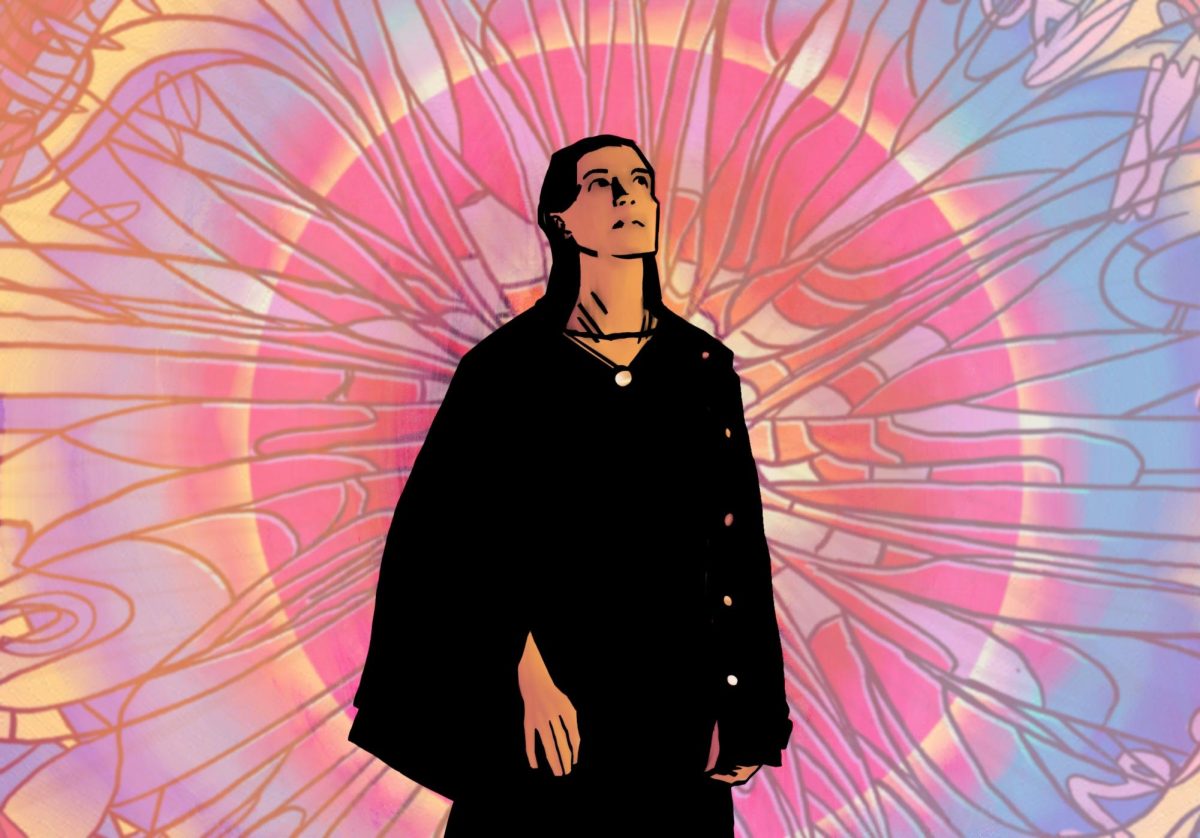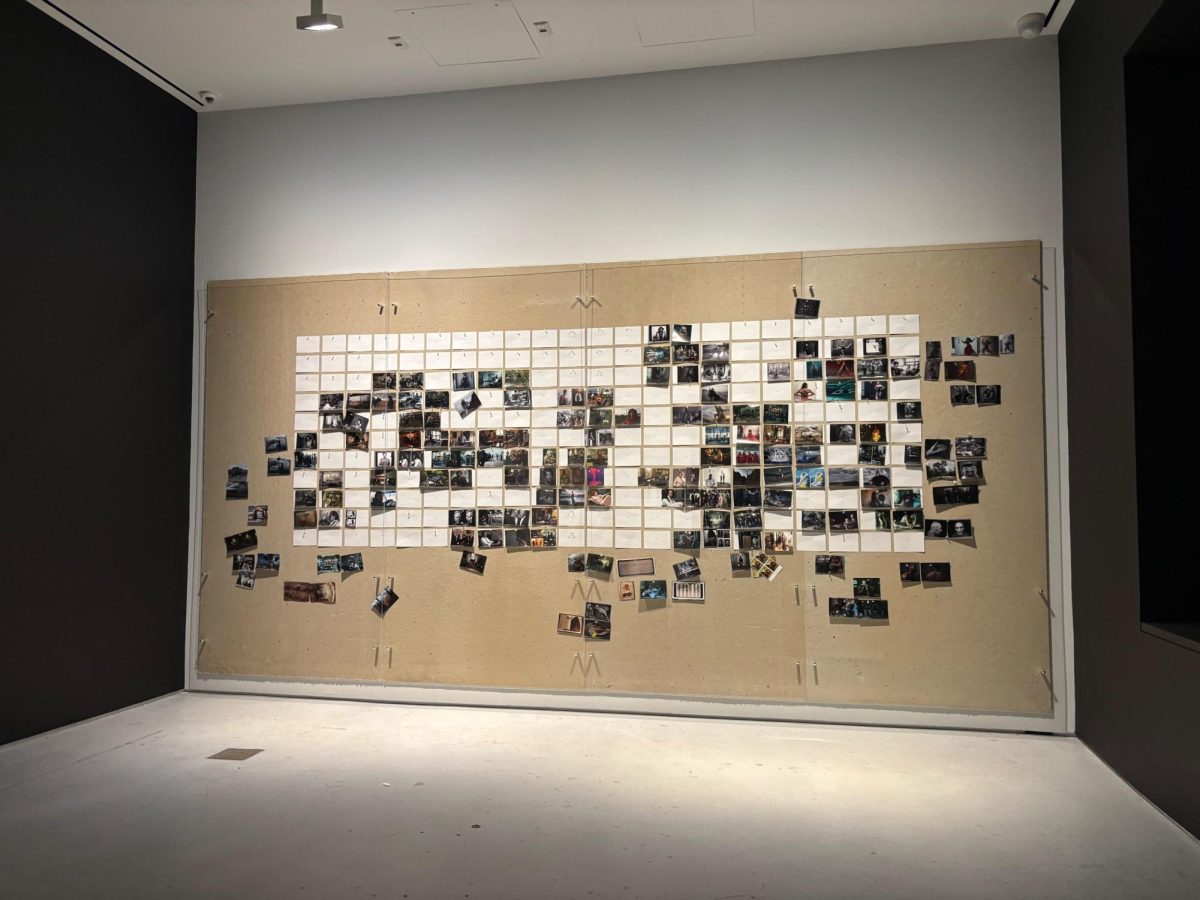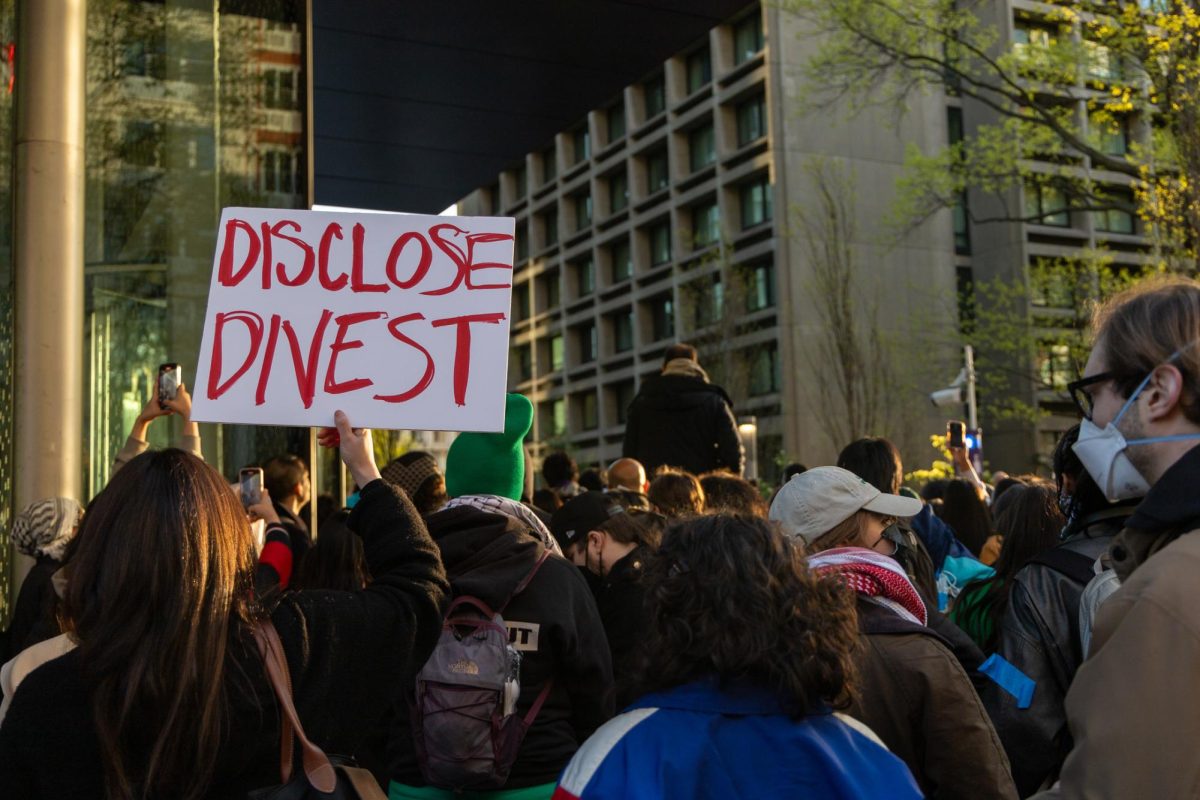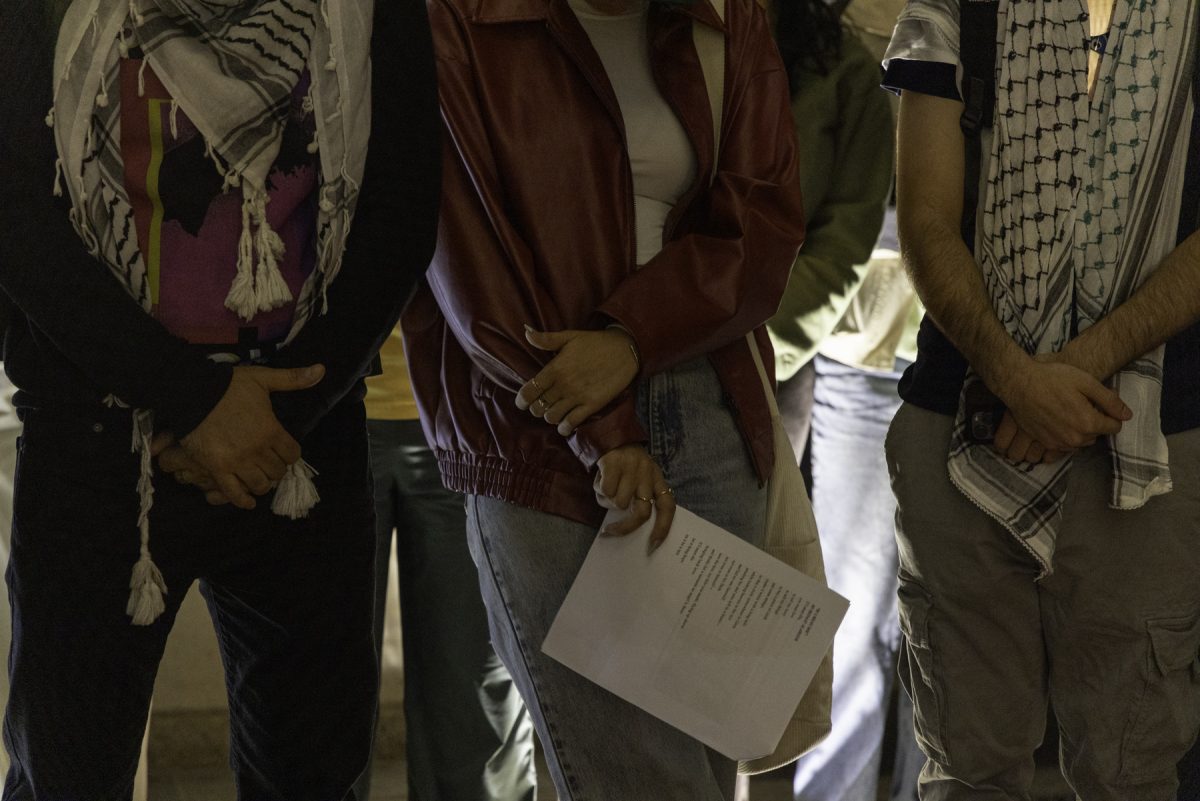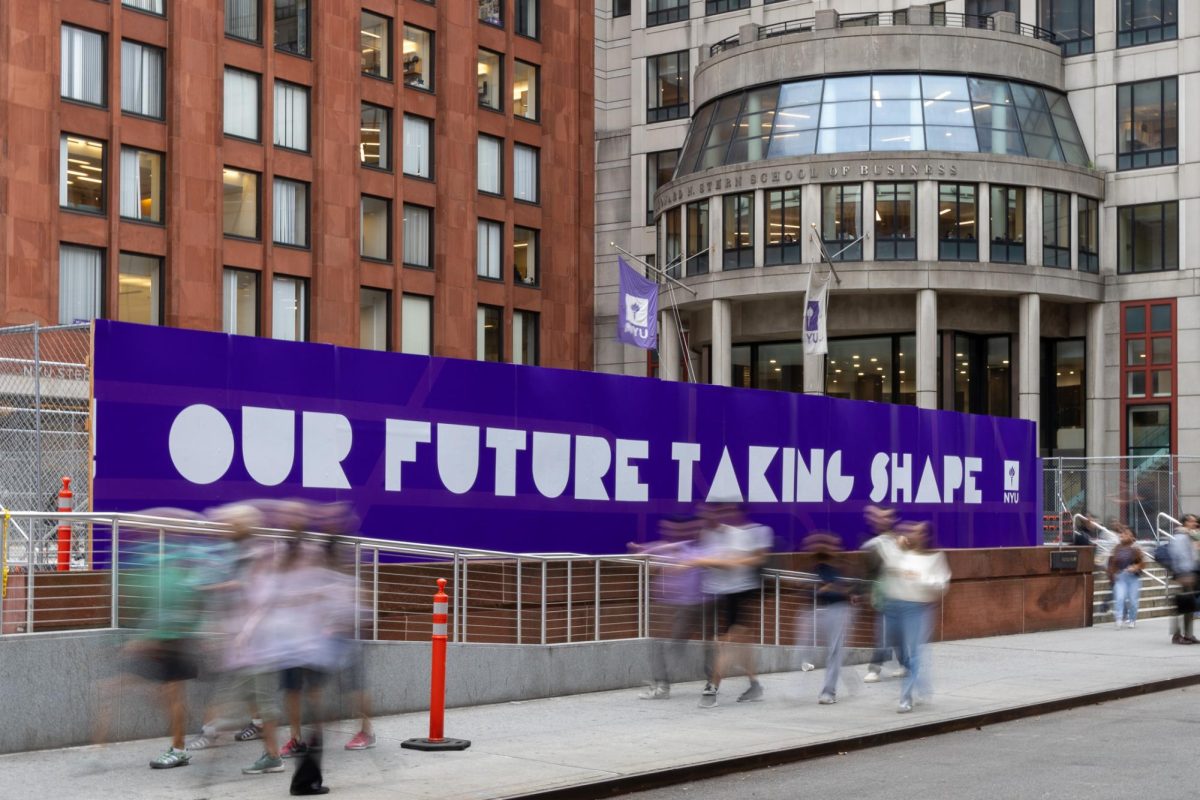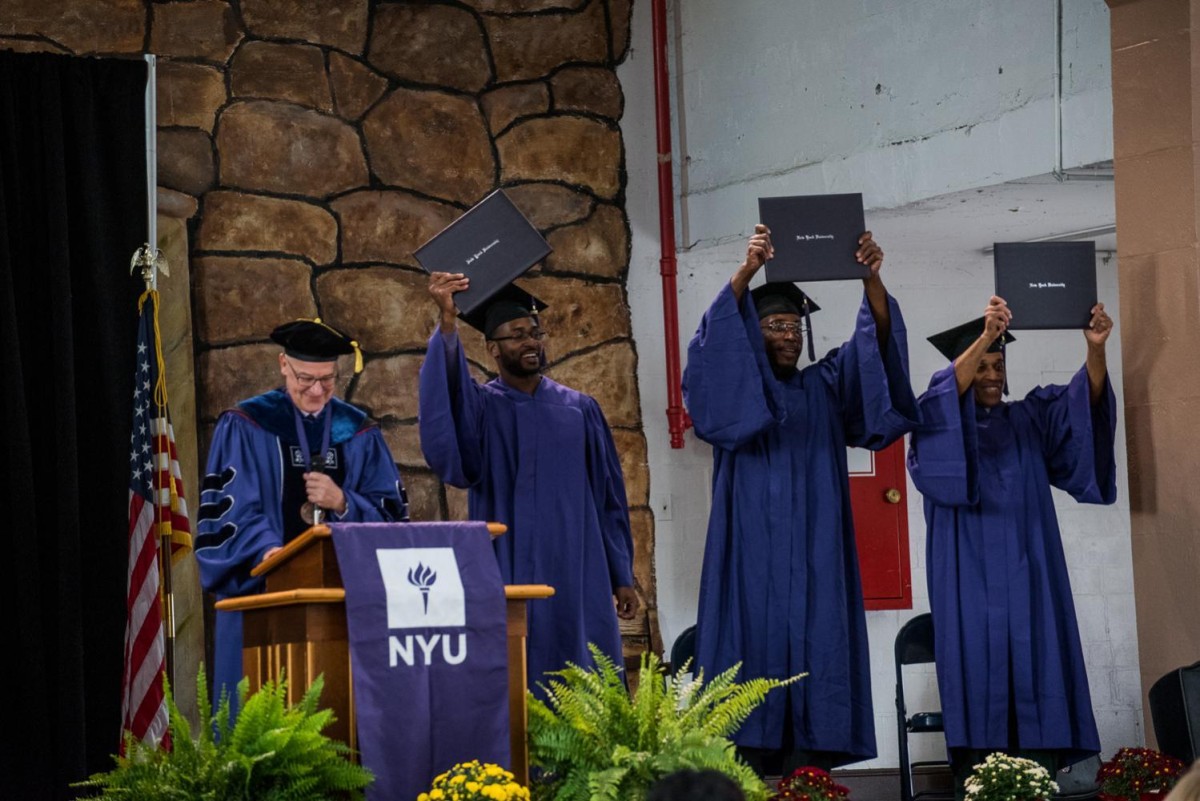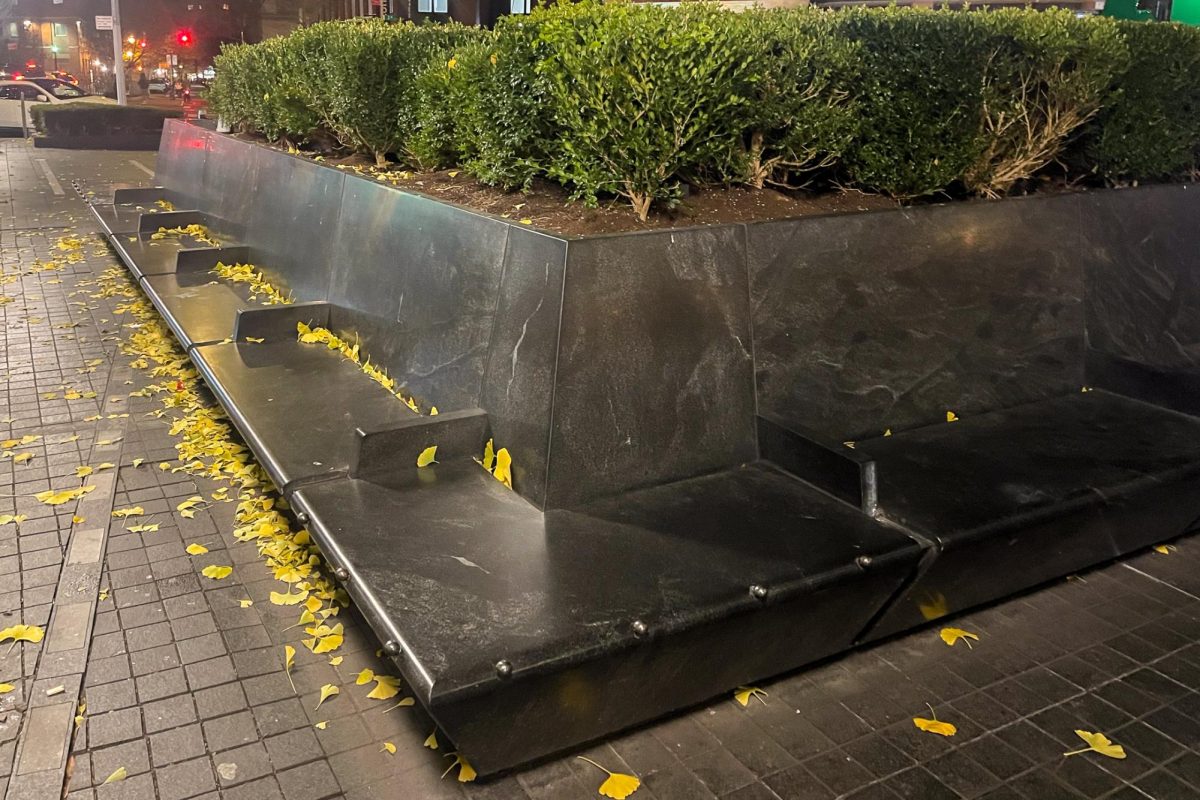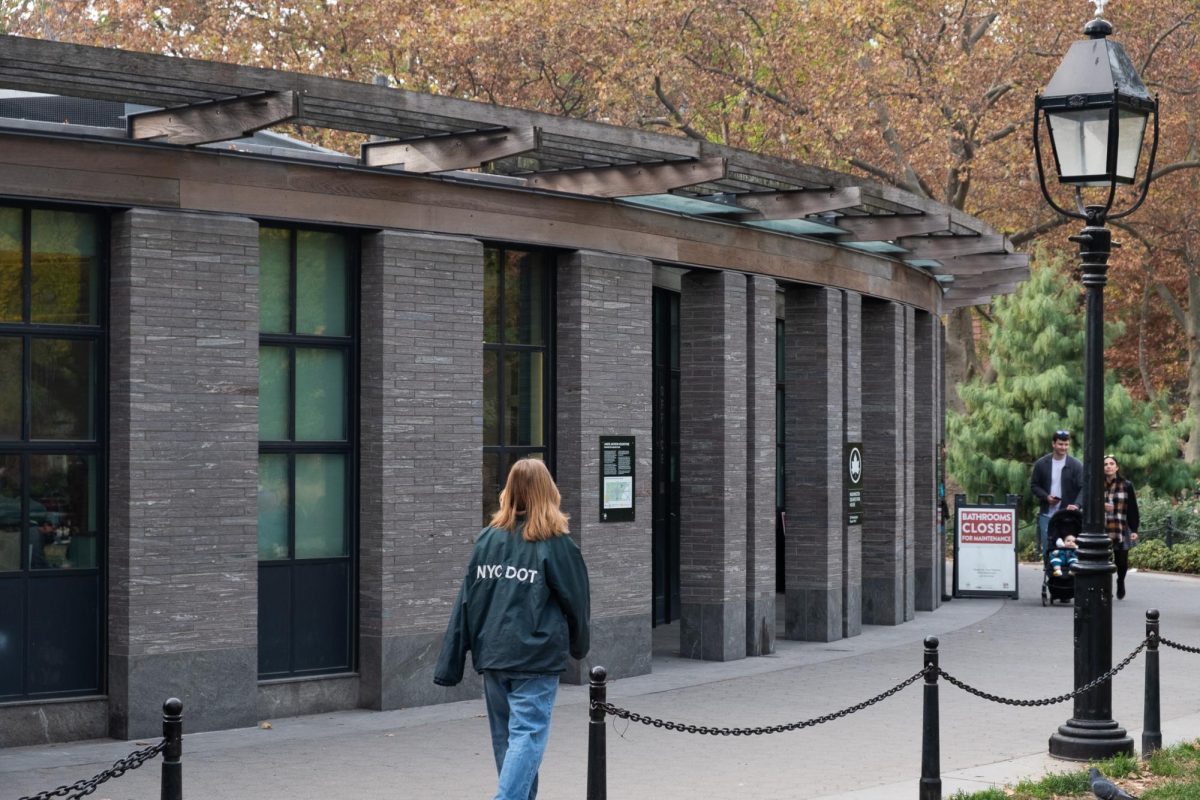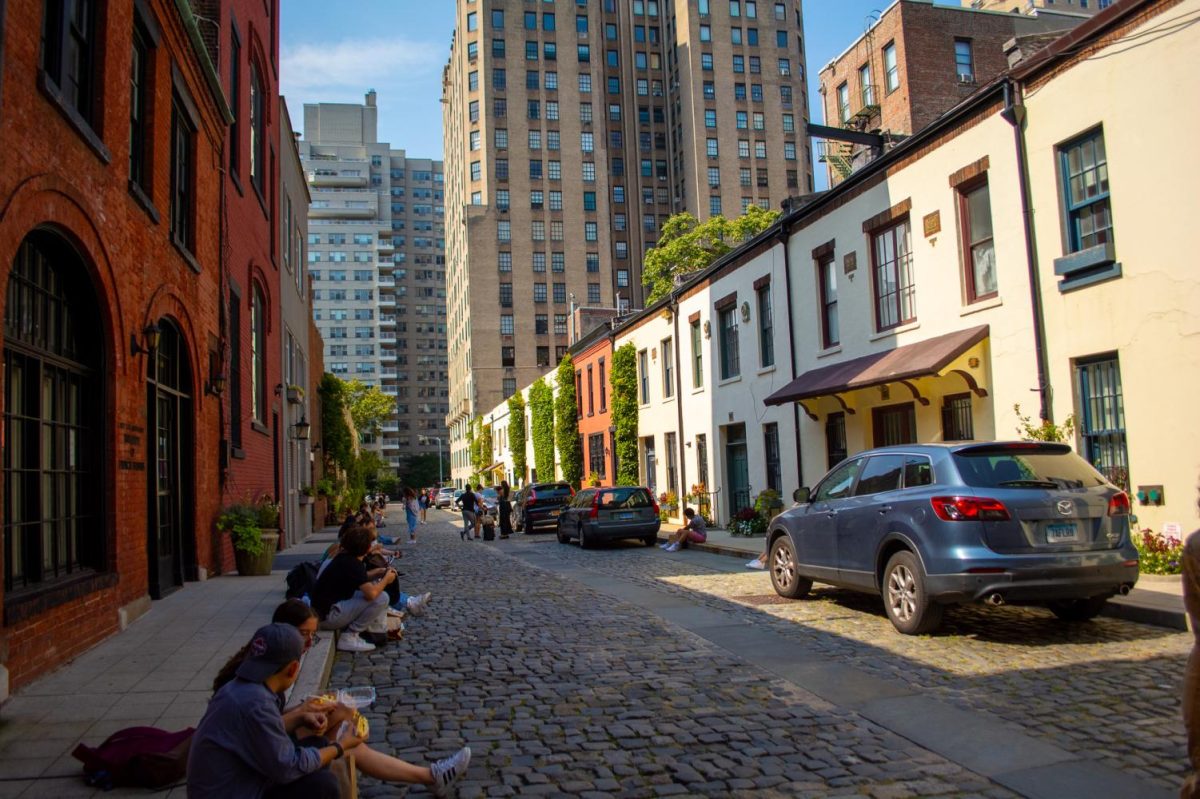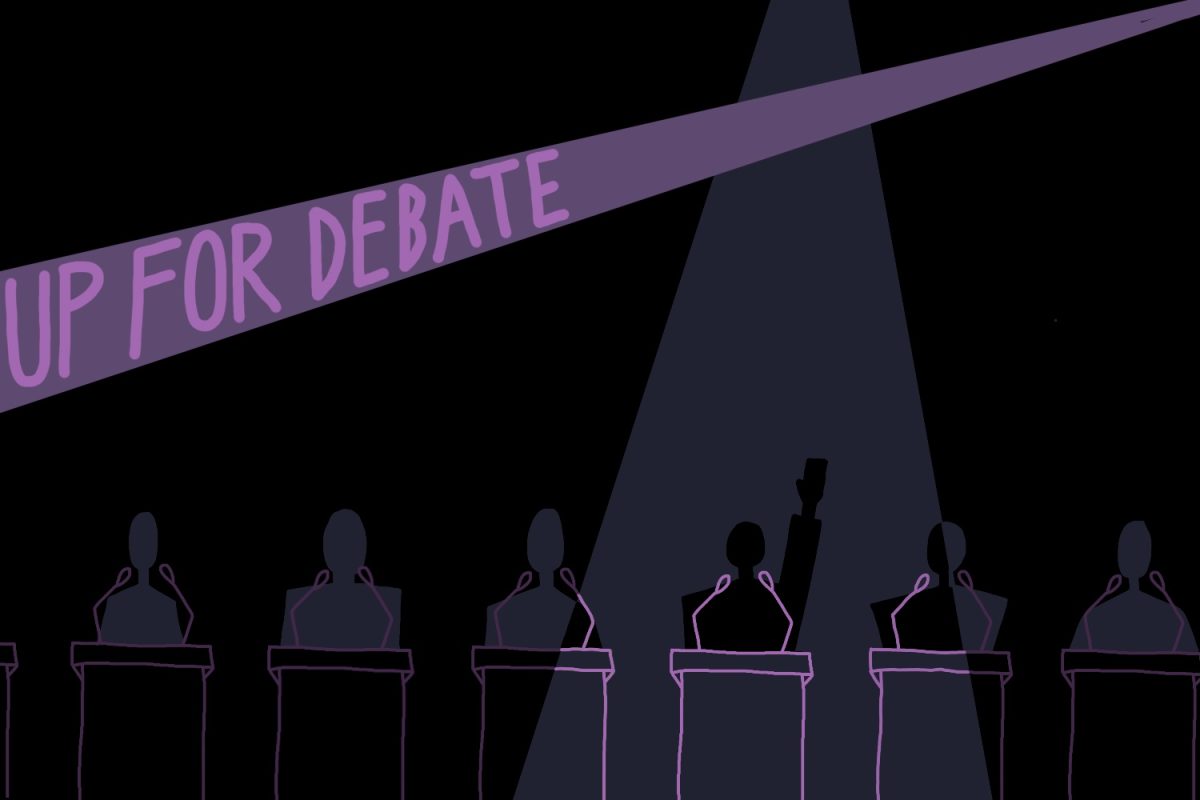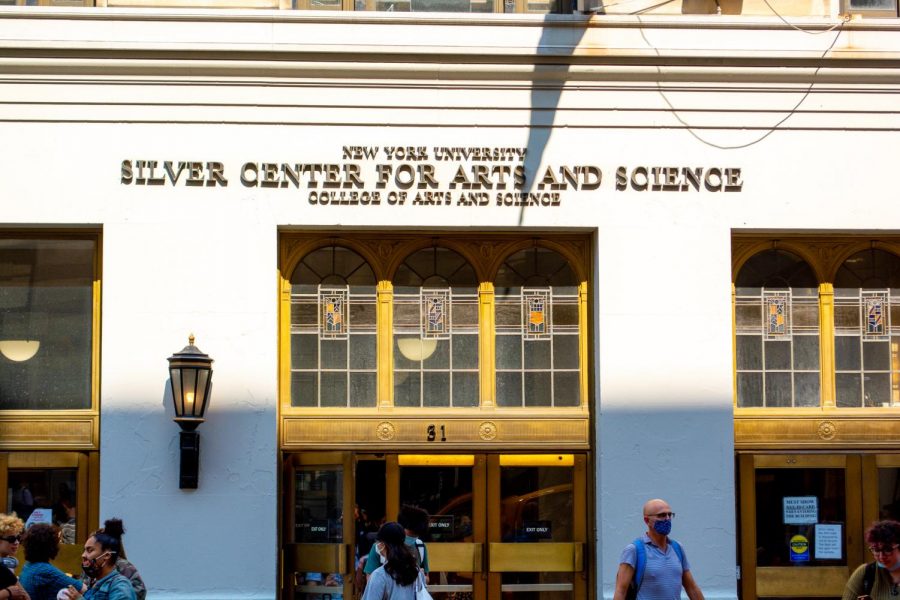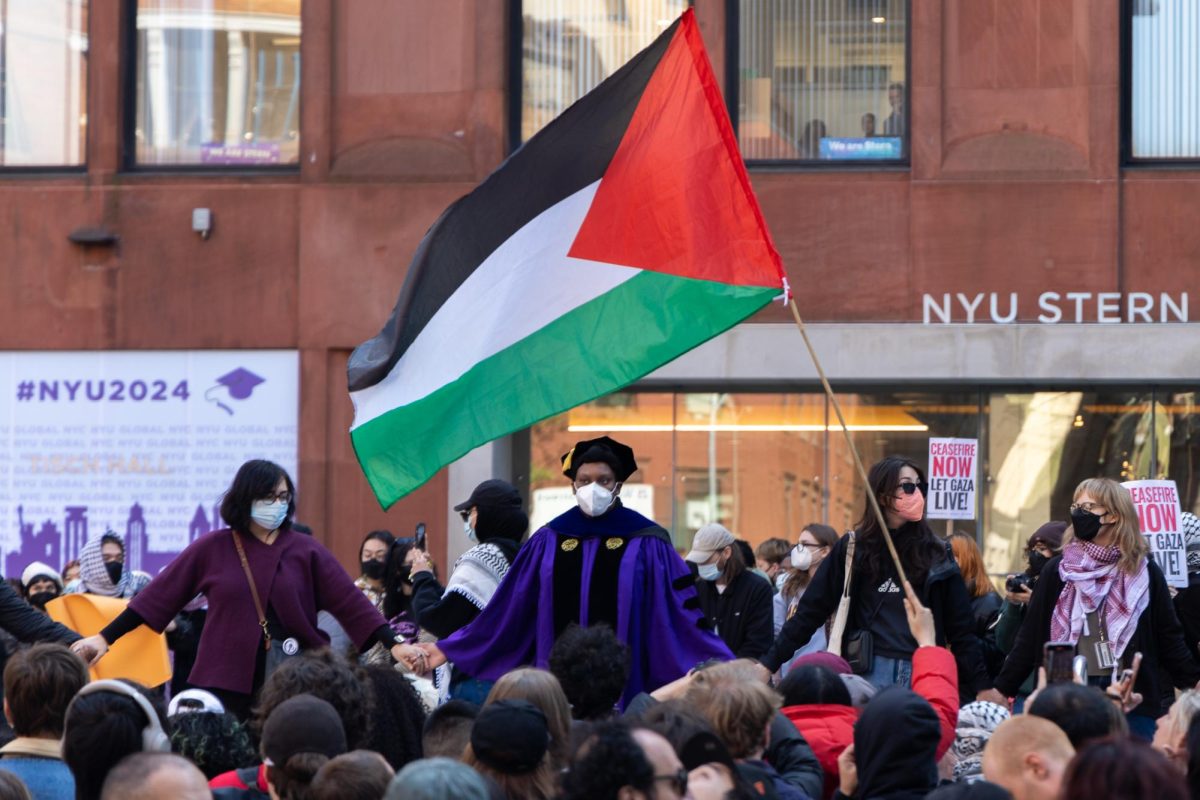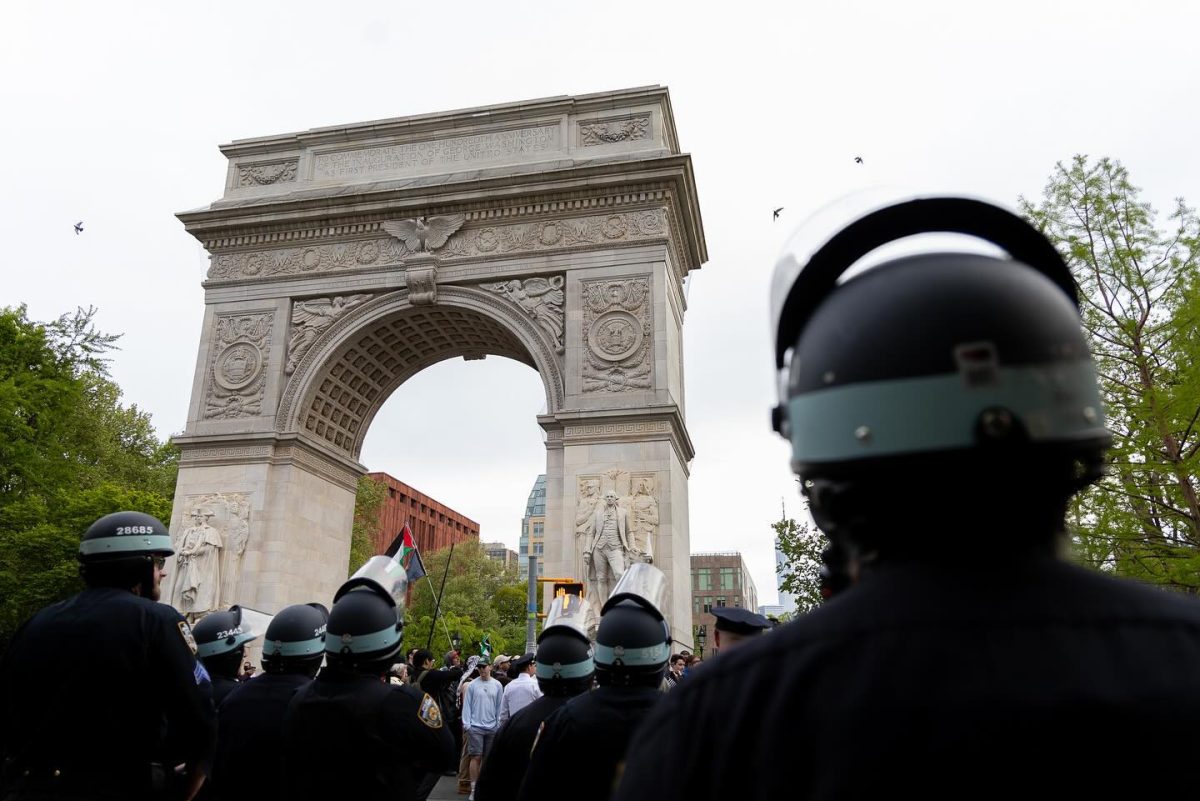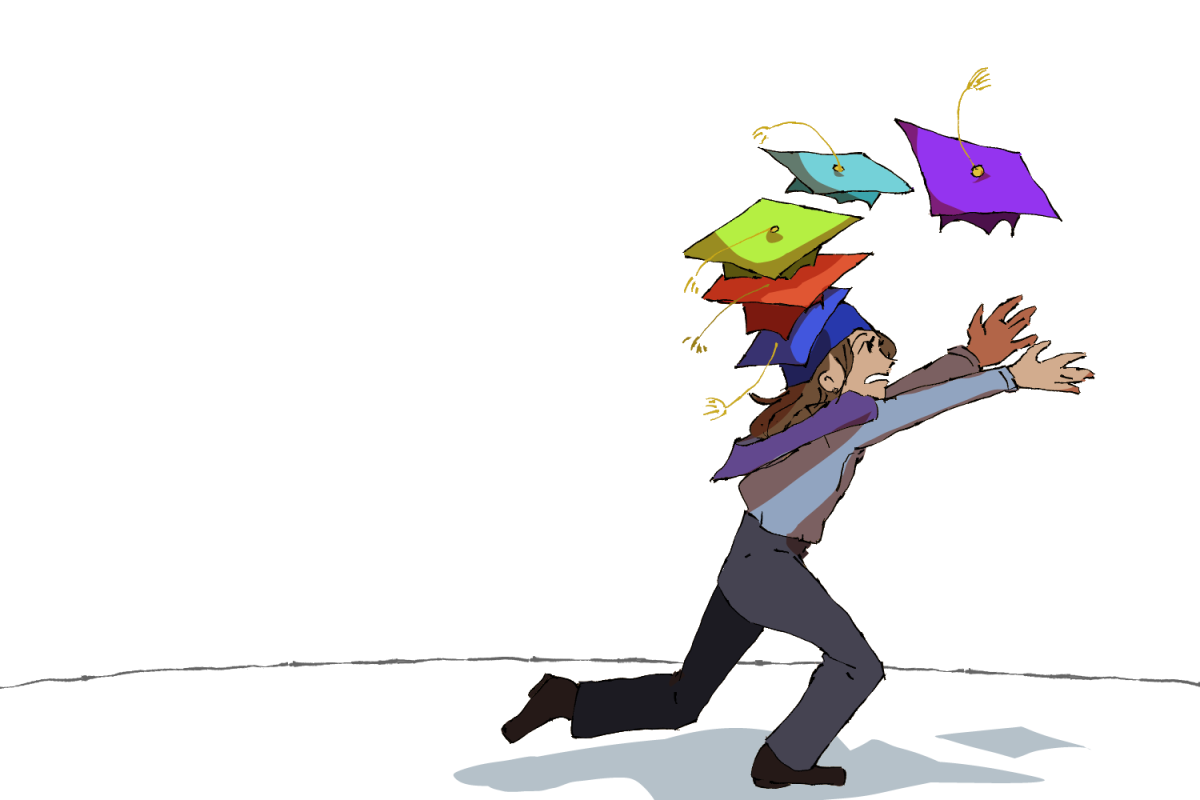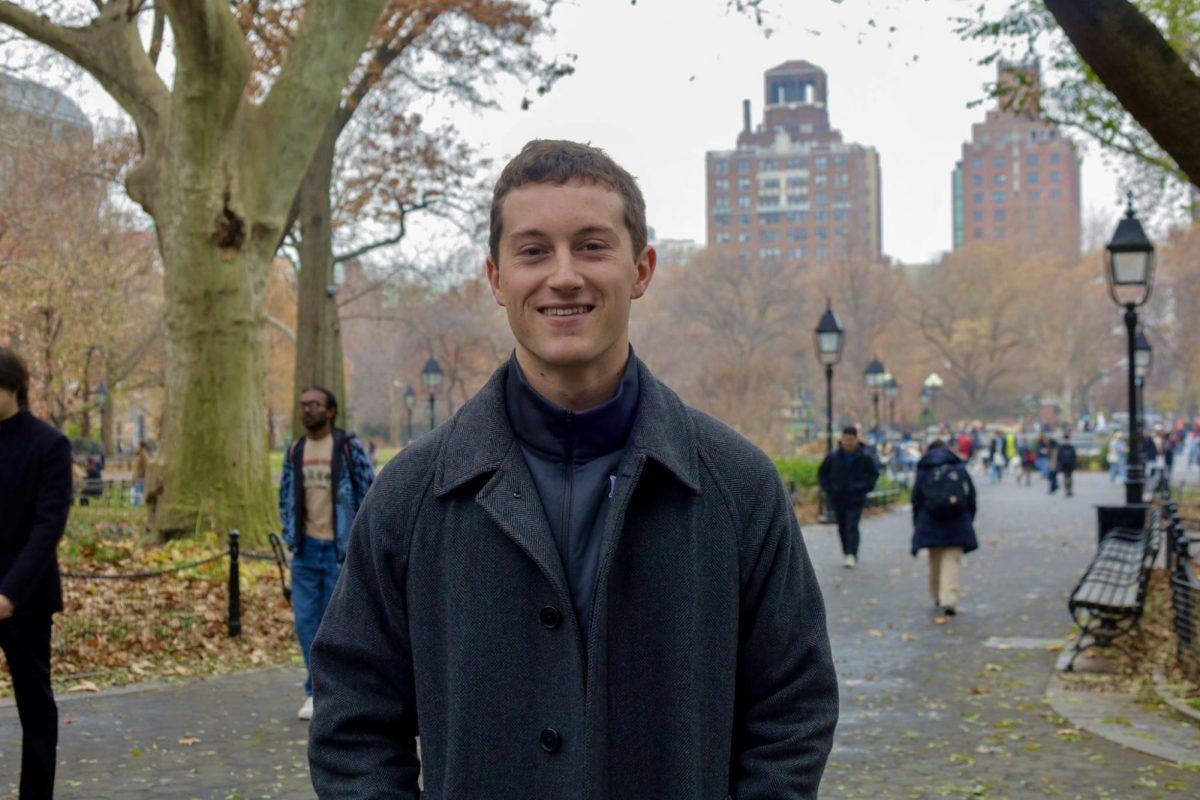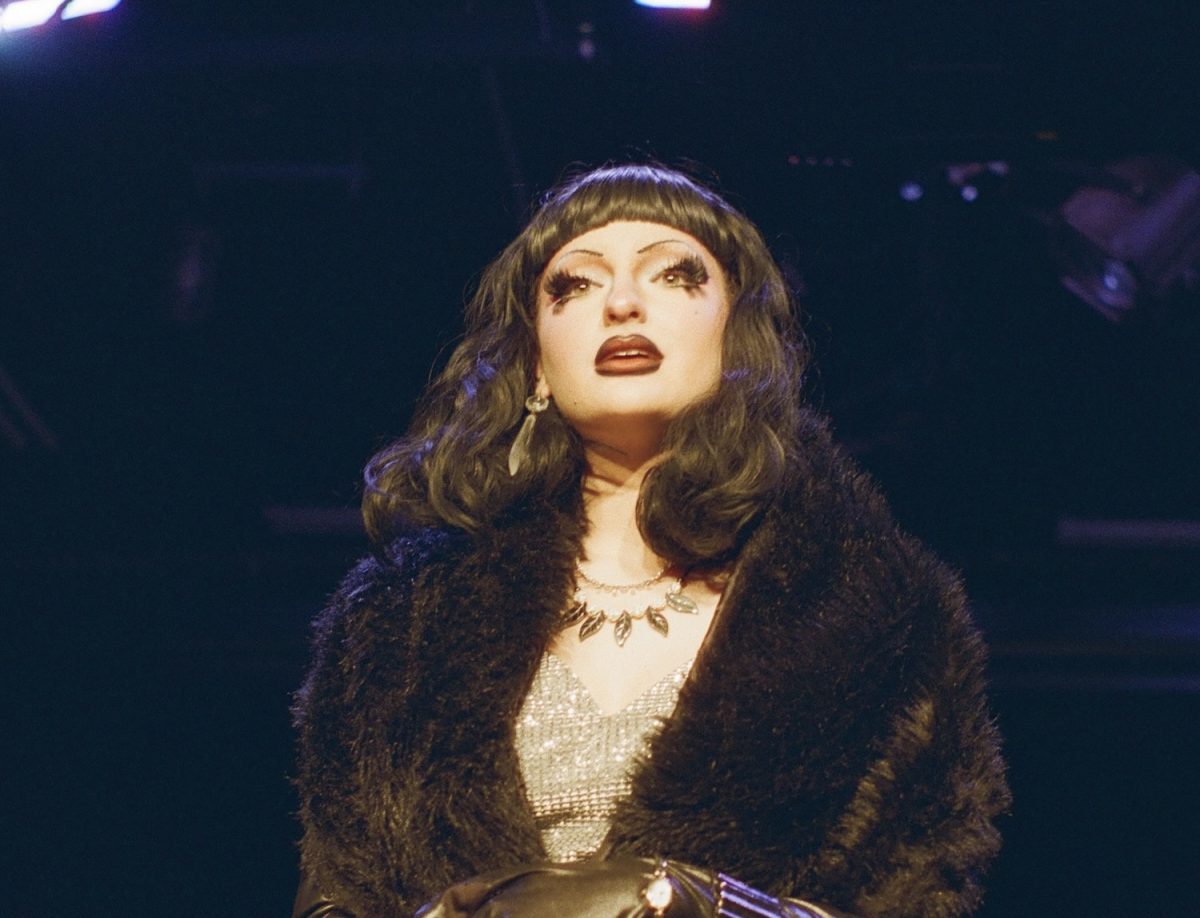French literature and theater lovers of New York City were treated to an intellectual discussion about one of the most influential playwrights of the 1950s, Eugène Ionesco. As the forerunner of the Theater of the Absurd, Ionesco was also the esteemed writer of plays including “The Bald Soprano” and “Rhinoceros.”
On Friday, Oct. 5, NYU’s La Maison Française hosted a roundtable discussion, “Ionesco’s Theater of the Absurdist Sensibility,” at the Rosenthal Pavilion at the Kimmel Center for University Life.
With an overwhelmingly successful turnout, the talk featured some of the most revered playwrights of today: Edward Albee, writer of “Me, Myself & I” and “Who’s Afraid of Virginia Woolf?” and Israel Horovitz, who wrote “The Indian Wants the Bronx.” The prolific writers were joined by director Emmanuel Demarcy-Mota and Eugène Ionesco’s daughter, author Marie-France Ionesco, who wrote “Portrait de L’écrivain Dans le Siècle: Eugène Ionesco.”
Tom Bishop, director of the Center for French Civilization and Culture at NYU, moderated the discussion. He introduced the acclaimed participants and Ionesco’s work. The room was set up like a press conference, as each speaker was able to share his or her experience working closely with Ionesco, either as a student or friend.
One of the topics that truly grabbed the attention of the audience was the term absurd, which is typically known as a theatrical genre that highlights the meaninglessness and purposelessness of life. The two playwrights struggled to define the term, inducing
laughter among the listeners.
“It is still one of the most annoying words out there,” Albee said. “It is so preposterous that I find it has no meaning. It can mean whatever one wants it to mean. It could even be Republican or Democrat.”
Albee added that although he does not pay much attention to the Theater of the Absurd, he loves talking about the Ionesco’s work.
“They are related, of course, depending on which of the nine definitions of Theater of the Absurd,” he said. “When I started going into theater seriously, in Paris, seeing theater, being exposed to Ionesco, with all the other giants, I think back to how exciting it was to be a young, beginning playwright … It was an amazing period of creativity in the arts.”
There was a wide range of spectators, elders, professionals and budding theater students at the discussion, as it was free and open to the public. Naomi Matlow, a second-year graduate student at the Tisch School of the Arts for musical theater writing, attended the event.
Edward Albee came to speak at one of Matlow’s classes last semester.
“His insights into the importance of theater and what creates good drama was incredibly inspirational and thought-provoking,” Matlow said. “[He] mentioned tonight how wonderful and exciting it was for him as a young playwright to be in the same room as such influential writers as Eugene Ionesco and being in the same room as all the members of this panel was an equally incredible experience for us.”
La Maison Française holds many events throughout the semester, including 10 more this month. Visit nyu.edu/maisonfrancaise for more information.
A version of this story appeared in the Monday, Oct. 8 print edition. Michelle Lim is a staff writer. Email her at [email protected].





